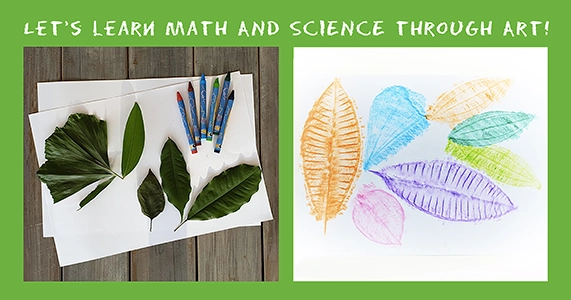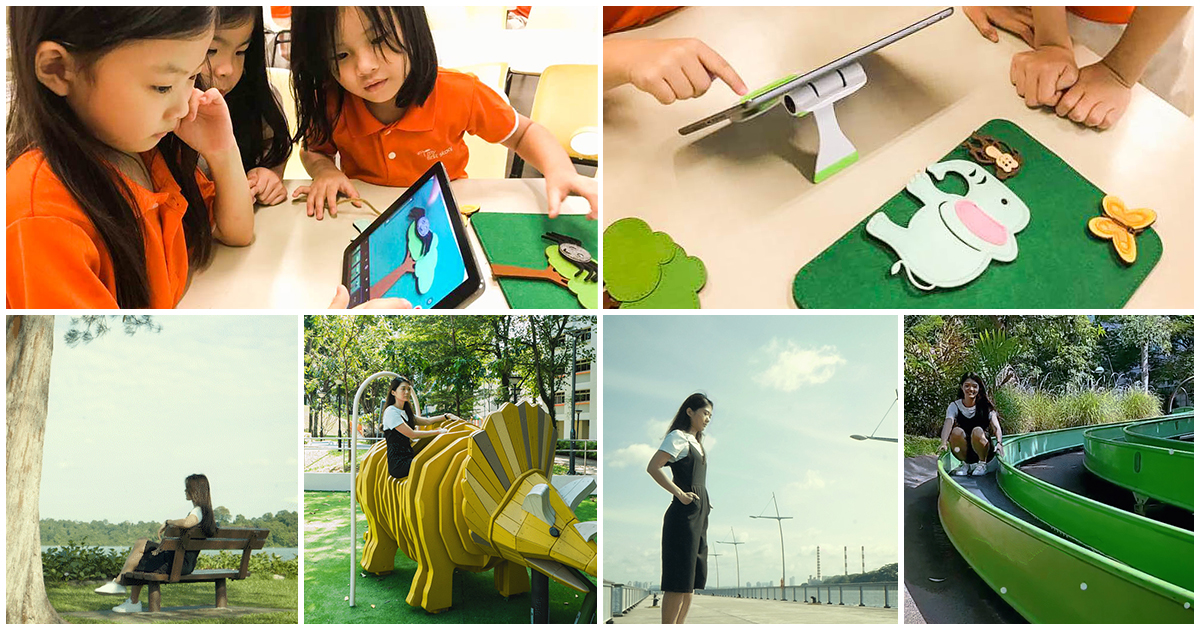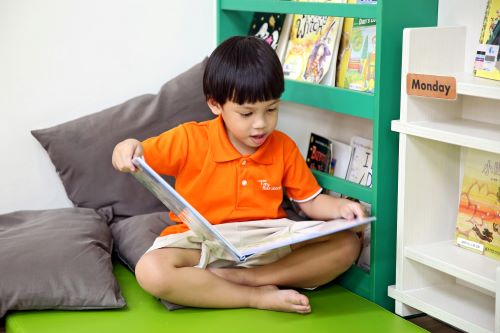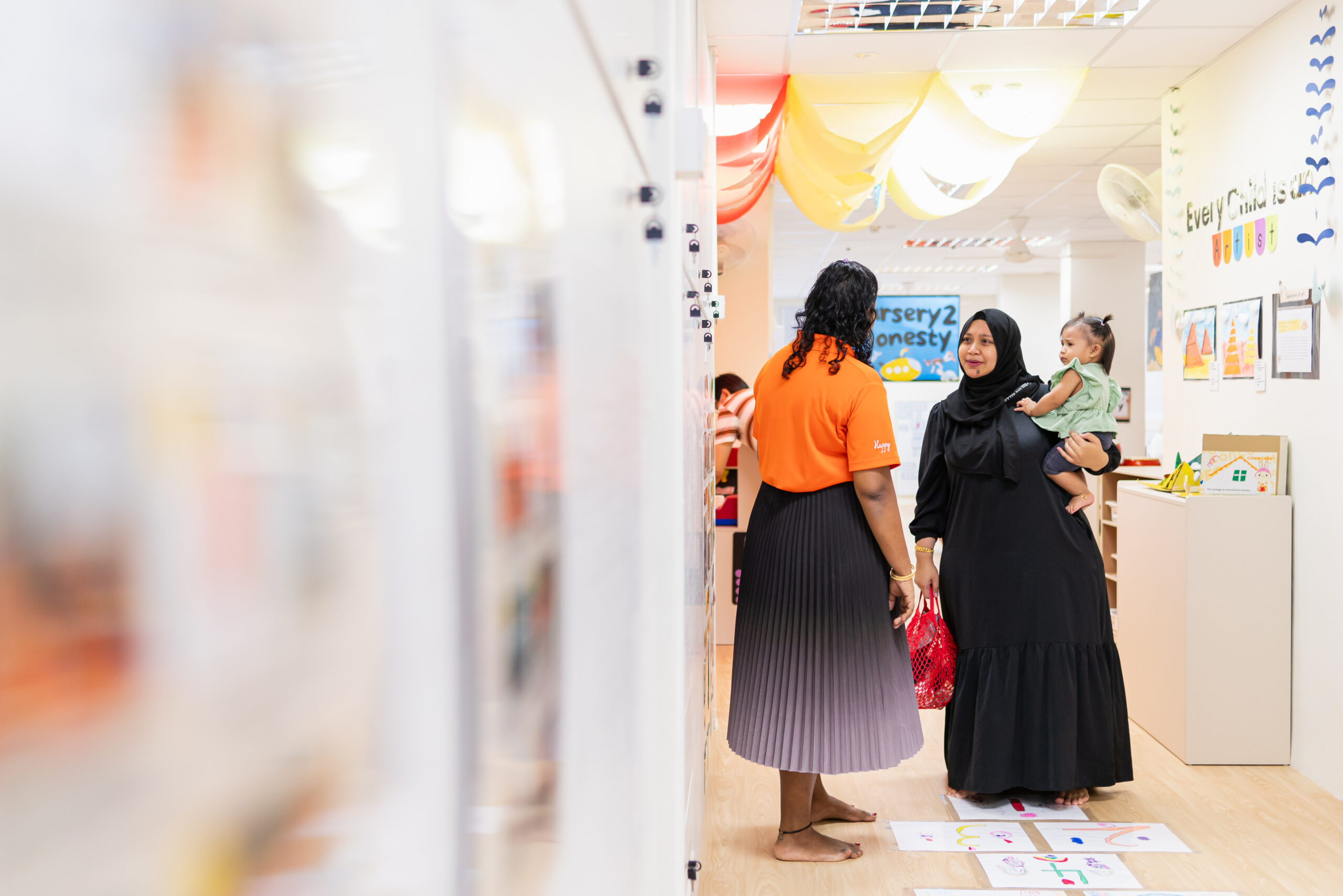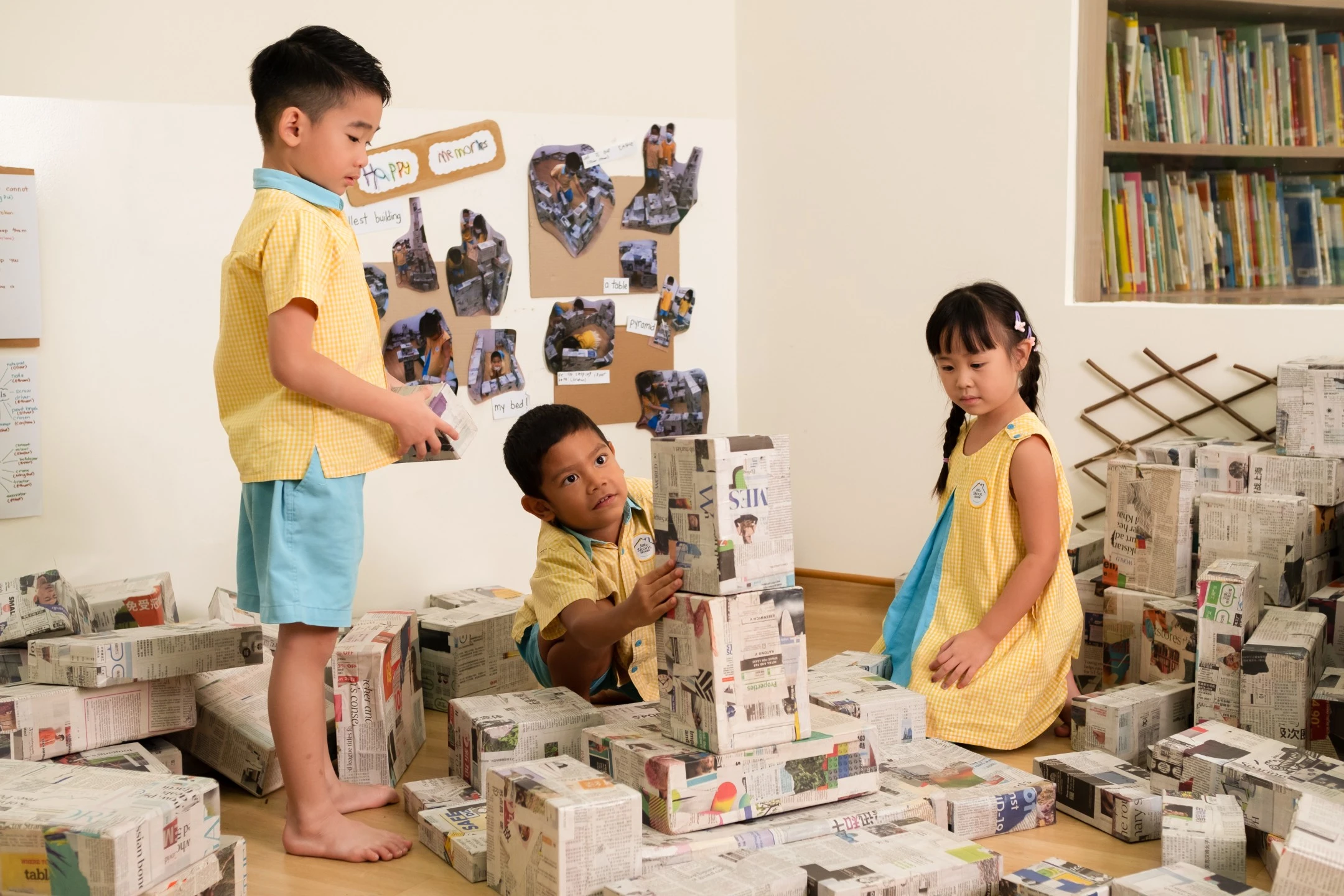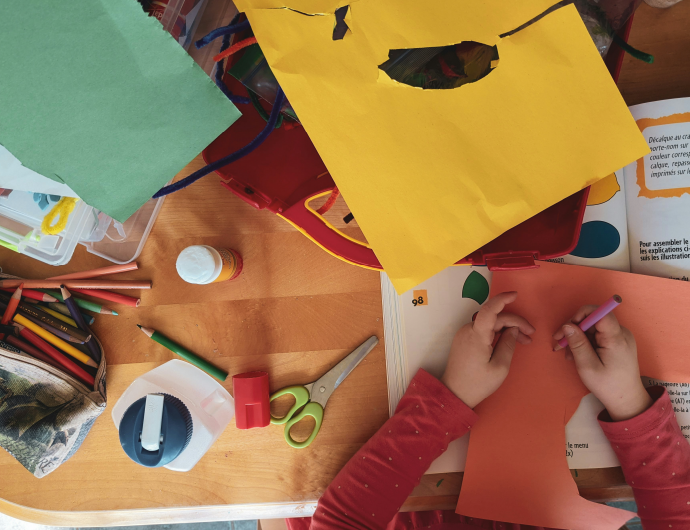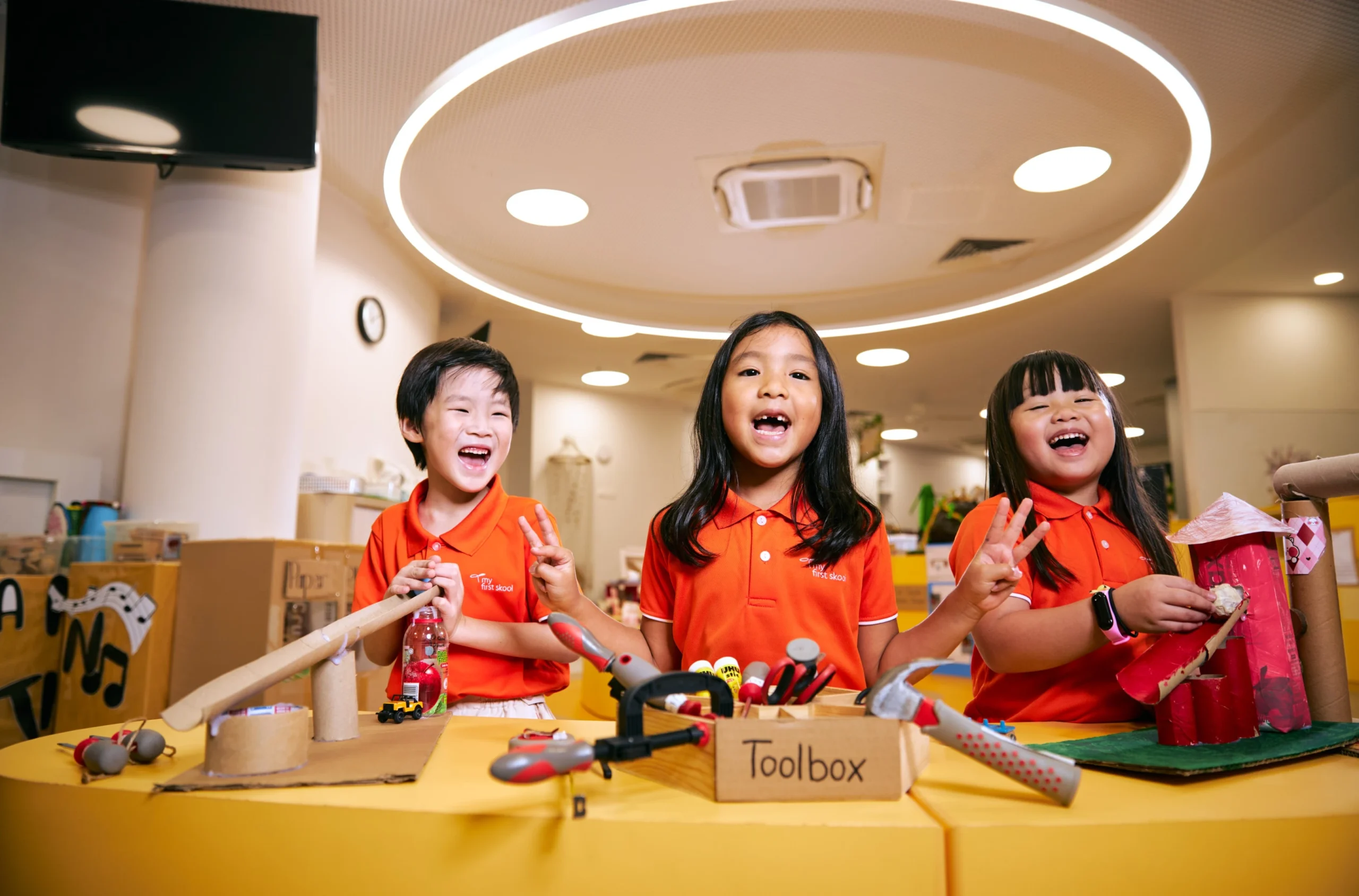How can we help?
Clever Cognitive Games for Kids Under 10 in Singapore (2025)
Activities
Things To Do
In today’s fast-paced world, nurturing a child’s cognitive development from an early age is more crucial than ever. Engaging young minds through play fosters creativity and problem-solving skills and lays the foundation for lifelong learning.
Singapore’s educational landscape emphasises holistic development, recognising that cognitive growth is intertwined with emotional and social well-being.
At My First Skool, cognitive games are naturally part of how we support early learning, recognising how important they are for developing young minds.
In this article, we’ll explore a selection of clever cognitive games, also known as brain games, that align with Singapore’s educational values, suitable for children under 10.
Why Cognitive Games Matter in Early Childhood
The Science Behind Play
Play is not merely a pastime for children; it’s a vital component of their cognitive development.
Engaging in play stimulates various areas of the brain, enhancing skills such as memory, attention, and problem-solving. Activities like puzzles, matching games, and imaginative scenarios encourage children to think critically and adapt to new situations.
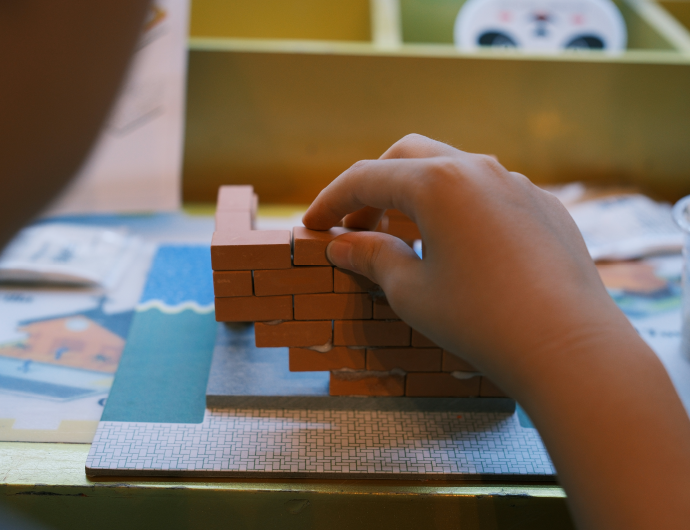
Research underscores the significance of play in early childhood. For instance, sensory play—activities that engage the senses—can refine cognitive thinking by helping children understand their environment and make comparisons.
Aligning with Singapore’s Educational Goals
Singapore’s educational framework places a strong emphasis on holistic development, recognising that cognitive growth is intertwined with emotional and social well-being.
The Ministry of Education’s Nurturing Early Learners (NEL) Framework advocates for a balanced approach, integrating play-based learning to nurture curiosity and critical thinking in young children.
By incorporating cognitive games into early education, we align with these national objectives, preparing children in their classes to navigate an increasingly complex world.
Top Cognitive Games for Kids Under 10
Engaging children in cognitive games is a delightful way to enhance their mental agility, problem-solving abilities, and overall brain development.
Here are some top picks suitable for children under 10, each designed to stimulate different aspects of cognitive growth:
1. Interactive Logic Puzzles
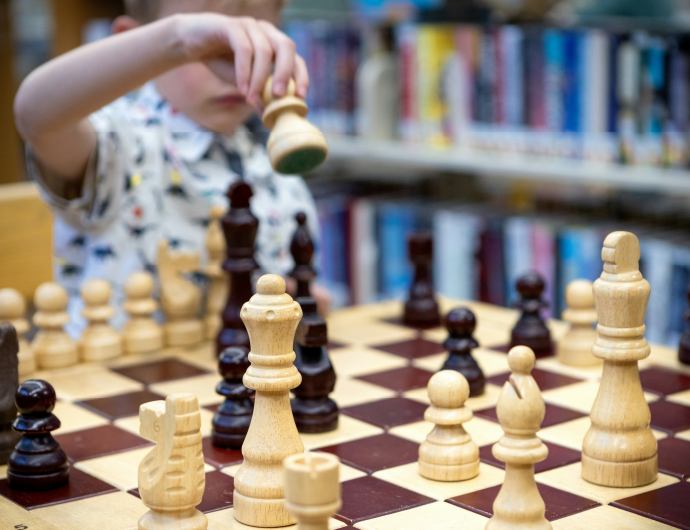
Logic puzzles like Sudoku, Chess, and pattern recognition games are excellent for developing children’s strategic thinking and problem-solving skills.
Examples: Sudoku, pattern-recognition games, and classic board games like Chess.
Benefits:
- Enhance logical reasoning
- Improve strategic thinking
- Hones concentration
Age Group: Suitable for ages 6-10.
2. Memory Matching Games
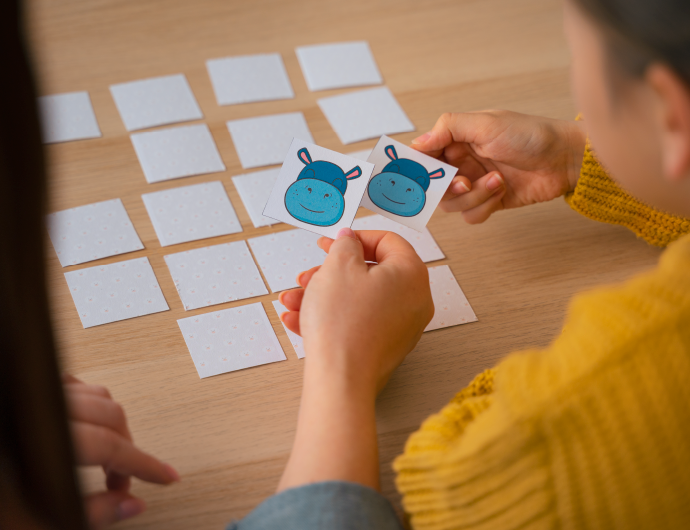
Memory matching games, including card matches and memory apps, are great for boosting kids’ short-term memory and visual recognition skills. These games also promote focus and attention to detail while offering a fun challenge for younger players.
Examples: Classic card matching games, digital memory apps, and “Kim’s Game,” where children memorise a set of items and recall them after a brief period.
Benefits:
- Boost short-term memory
- Fosters greater attention to detail
- Improves visual recognition skills
Age Group: Ideal for ages 4-7.
3. Math-Based Brain Teasers

Math-based brain teasers engage children in fun puzzles and riddles that strengthen their numerical skills. These games challenge kids to think critically, improve problem-solving abilities, and foster a love for math through exciting, interactive challenges.
Examples: Simple arithmetic puzzles, number riddles, and games like “Everything Leads Back to 4,” which challenge kids to use quick mental calculations and pattern recognition.
Benefits:
- Strengthens numerical skills
- Enhances problem-solving abilities
- Fosters a love for mathematics
Age Group: Best for ages 5-9.
4. Language and Word Games
Word games, such as crosswords and word searches, help children expand their vocabulary and improve their spelling skills. These activities stimulate creative thinking and enhance verbal communication, making them a valuable tool for cognitive development.
Examples: Word searches, simple crosswords, and storytelling prompts.
Benefits:
- Expands vocabulary
- Improves spelling proficiency
- Encourages creative thinking
Age Group: Suitable for ages 6-10.
5. Creative Storytelling Activities

Creative storytelling activities, like story cubes and role-playing, encourage children to use their imagination and develop narrative skills. These fun exercises help improve verbal communication and boost creativity by allowing kids to create and share their own stories.
Examples: Story cubes, picture-based storytelling prompts, and role-playing scenarios.
Benefits:
- Fosters imagination
- Enhances narrative skills
- Improves verbal communication
Age Group: Great for ages 5-8.
6. Building Block Activities
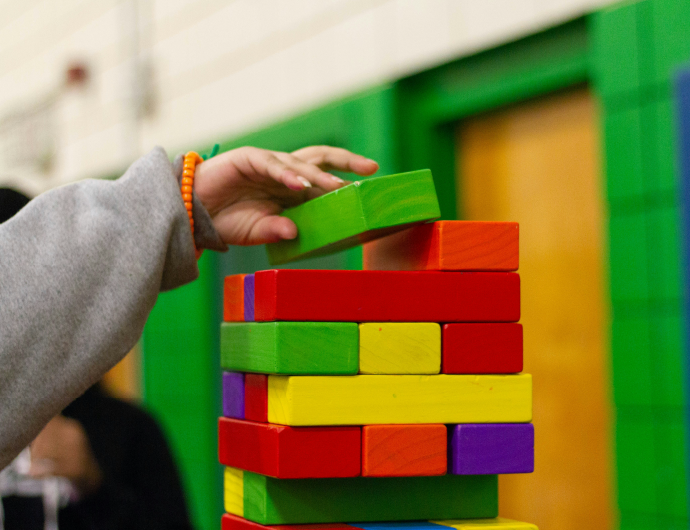
Building block activities encourage children to explore shapes, balance, and design. These hands-on games promote creativity, spatial awareness, and fine motor skills, allowing children to build and experiment while strengthening their cognitive abilities.
Examples: LEGO sets, building towers, and pattern blocks.
Benefits:
- Improves spatial awareness
- Enhances fine motor skills
- Boosts creativity
Age Group: Suitable for ages 4-8.
7. Logic-Based Board Games
Logic-based board games are fantastic for developing strategic thinking and problem-solving skills. By engaging in games that require deduction and planning, children can enhance their logical reasoning and critical thinking in a fun, interactive way.
Examples: “Rush Hour,” “Mastermind,” and “Blokus.”
Benefits:
- Improves logical thinking
- Improves pattern recognition
- Fosters strategic planning skills
Age Group: Ideal for ages 6-10.
8. Tangram Puzzles
Tangram puzzles involve arranging geometric shapes to form specific patterns and designs. These puzzles help improve spatial reasoning and shape recognition, offering children a fun and engaging way to develop problem-solving abilities and a deeper understanding of symmetry and geometry.
Examples: Tangram sets and apps that feature shape puzzles.
Benefits:
- Enhance spatial reasoning
- Improves shape recognition
- Fosters problem-solving skills
Age Group: Best for ages 5-8.
9. Science Experiment Kits

Science experiment kits provide children with hands-on opportunities to explore basic scientific principles through fun, interactive activities.
Examples: DIY science kits for kids, such as volcanoes, crystal-growing kits, and simple chemical reactions.
Benefits:
- Fosters curiosity
- Improves critical thinking skills
- Enhances scientific reasoning skills
Age Group: Suitable for ages 6-10.
10. Mystery-Solving Games
Mystery-solving games, such as “Clue Junior” and escape room puzzles for kids, challenge children to use deduction and teamwork to solve complex problems. These games boost critical thinking, enhance analytical skills, and promote collaborative problem-solving, making them both educational and exciting.
Examples: “Clue Junior”, mystery-themed apps, and escape room puzzles for kids.
Benefits:
- Improve deduction skills
- Improves critical thinking skills
- Fosters teamwork
Age Group: Ideal for ages 6-10.
Incorporating Cognitive Games In Preschools
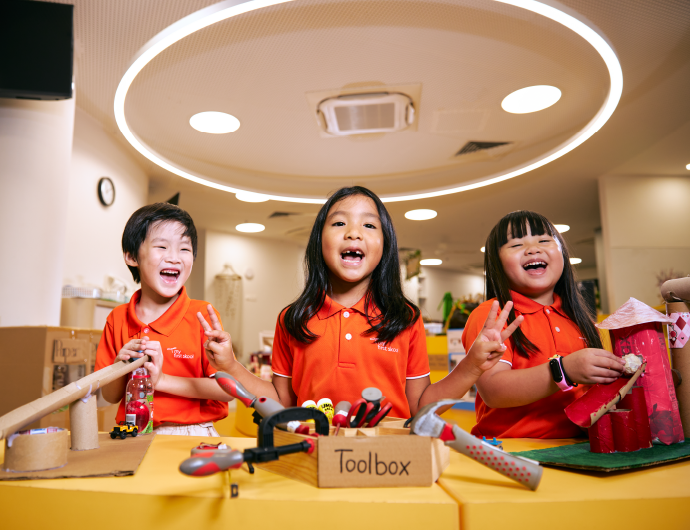
While home activities lay a strong foundation, regular exposure to cognitive games in a preschool setting helps children deepen these essential skills. That’s why at My First Skool, playful learning is woven into daily routines to nurture well-rounded growth.
Integrating cognitive games into a child’s daily routine in preschool settings can be both seamless and enjoyable. These activities not only enhance cognitive development but also foster a love for learning.
Structured Play-Based Learning
Preschools can incorporate cognitive games into their curriculum through structured play. Activities like puzzles, matching games, and storytelling sessions can be both educational and entertaining.
A teacher plays a crucial role in facilitating these structured play-based learning activities, ensuring they are engaging and effective for young learners.
Interactive Group Activities
Group games encourage social interaction and collaborative problem-solving. Activities like building blocks or group storytelling not only develop cognitive skills but also enhance communication and teamwork.
One engaging activity involves a game where participants must catch each other’s mistakes by counting off numbers without following a designated order. If two players say a number at the same time, they must restart, emphasising the importance of communication and attention within the group’s dynamic.
Continuous Assessment and Adaptation
Educators can observe children’s responses to various games and adjust activities to suit individual learning needs, ensuring that each child benefits optimally from the cognitive exercises. It is their job to continuously assess and adapt these activities to maximise learning outcomes.
Building Bright Futures at My First Skool
At My First Skool, nurturing young minds goes beyond traditional teaching—it’s woven into every moment of the day.
By thoughtfully integrating cognitive games into our daily routines, My First Skool lays the groundwork for essential skills like critical thinking, creativity, and resilience.
We recognise that every child is wonderfully unique, bringing their strengths, interests, and ways of learning to the classroom.
Our holistic approach to early childhood education through our preschool curriculum ensures that cognitive development is not an add-on, but a natural and joyful part of each child’s journey.
Through warm, supportive relationships and thoughtfully designed learning experiences, our educators create environments where children feel confident to explore, express themselves, and grow in all aspects—cognitively, socially, and emotionally.
Over 160 Centres Islandwide – Quality Childcare, Minutes from Home
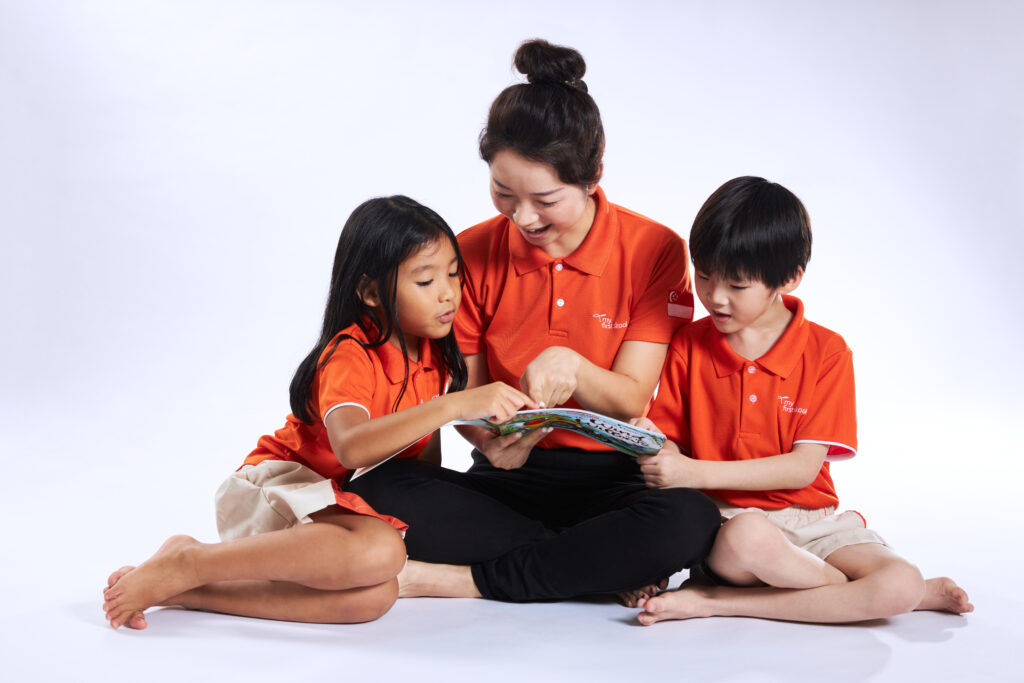
Every year, over 26,000 families all across Singapore see their children benefit from our relationship-based curriculum – one that emphasises forging strong bonds between children, teachers and parents.
Find a preschool near you or take a virtual tour to explore our learning environments and learn how your child can thrive.
Subscribe with your email to receive our latest news
Related Articles
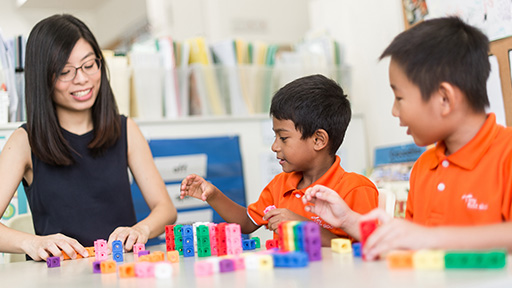
Transitions: Helping Children Cope with Change

Using the Guidance Approach with Children (Part 1)
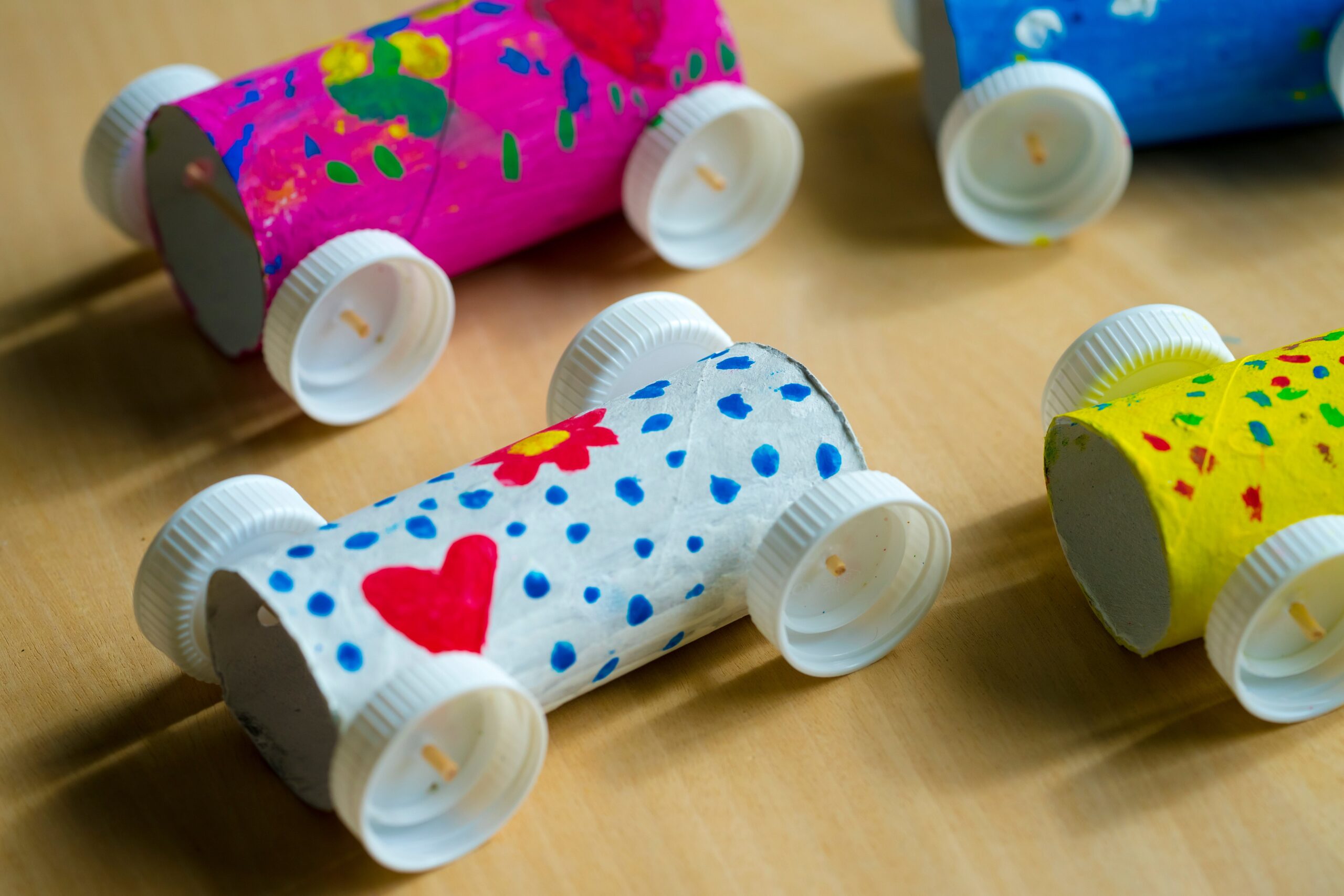
Children Working with Recycled Materials
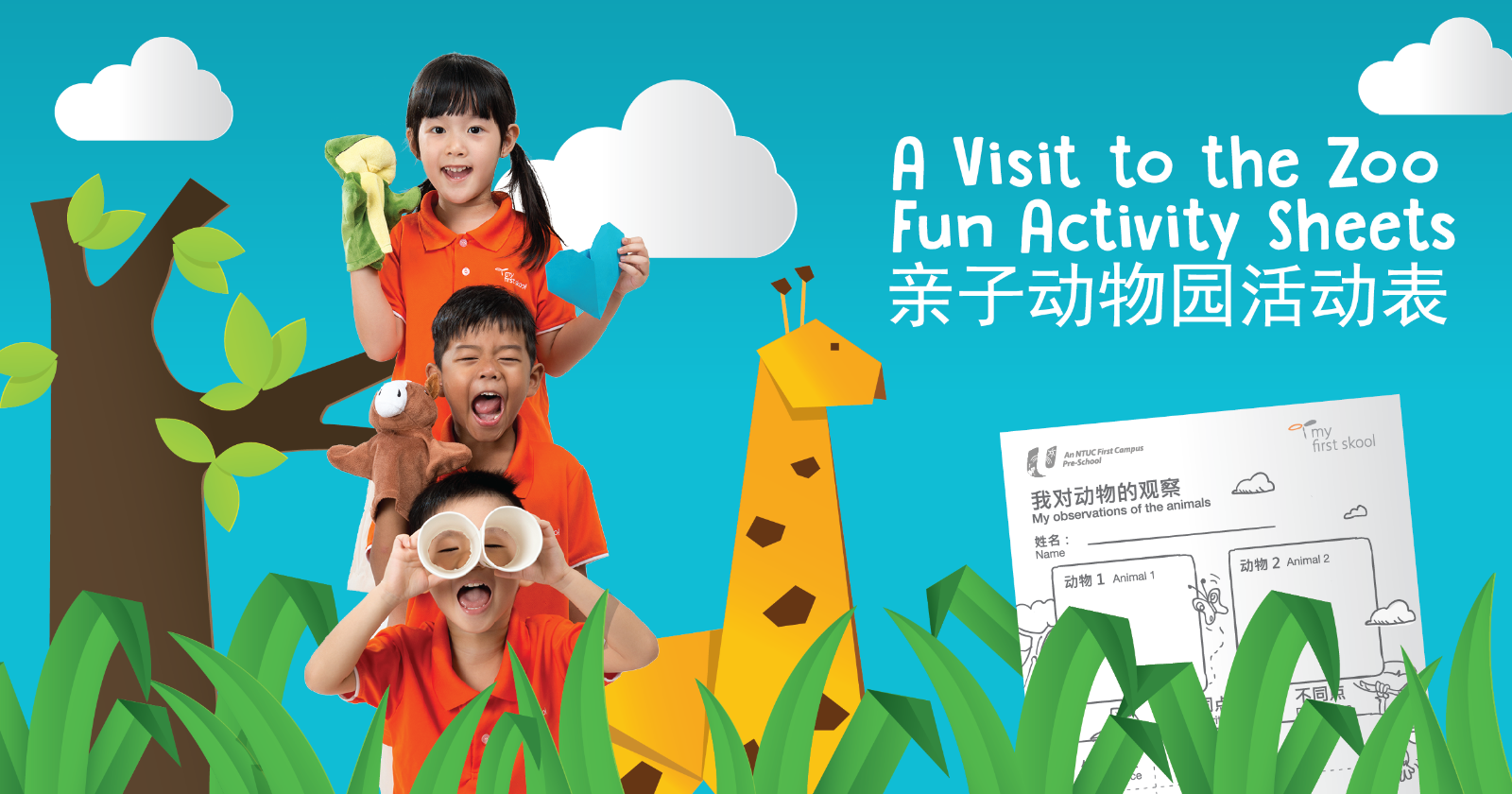
A visit to the zoo – fun Mandarin activity sheets

8 Questions to Ask When Choosing The Best Preschool in Singapore

How Positive Teacher-Child Relationships Help Children Succeed in Life

5 unique places to visit this March holidays for an immersive Chinese learning experience

Building life skills from a young age
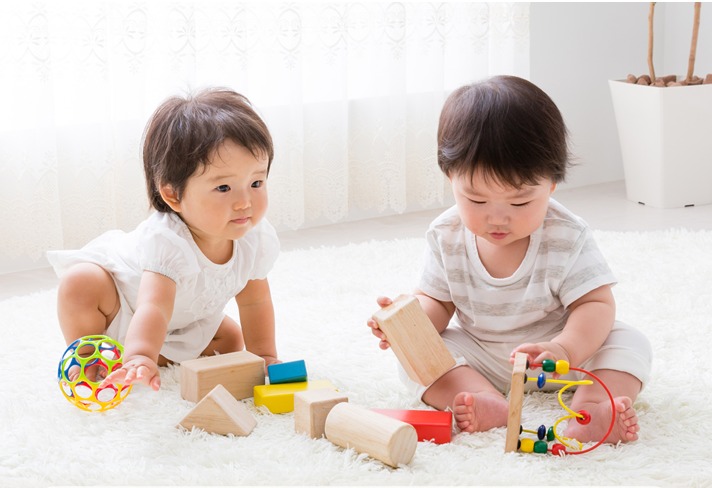
Staying safe indoors? Transform your home into a fun learning environment!
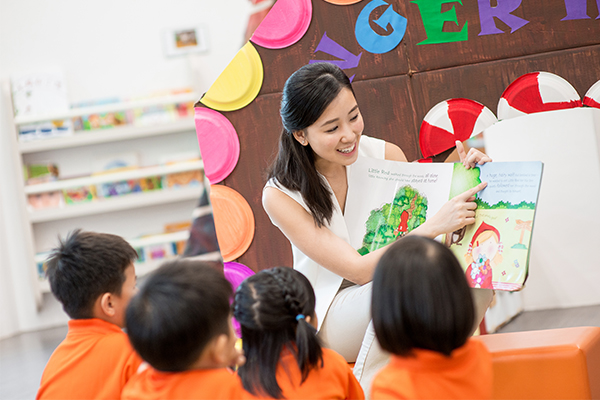
Nurture Your Child’s Love for Chinese During this “Circuit Breaker”

16 Chinese Books to Nurture Your Child’s Love for Mandarin
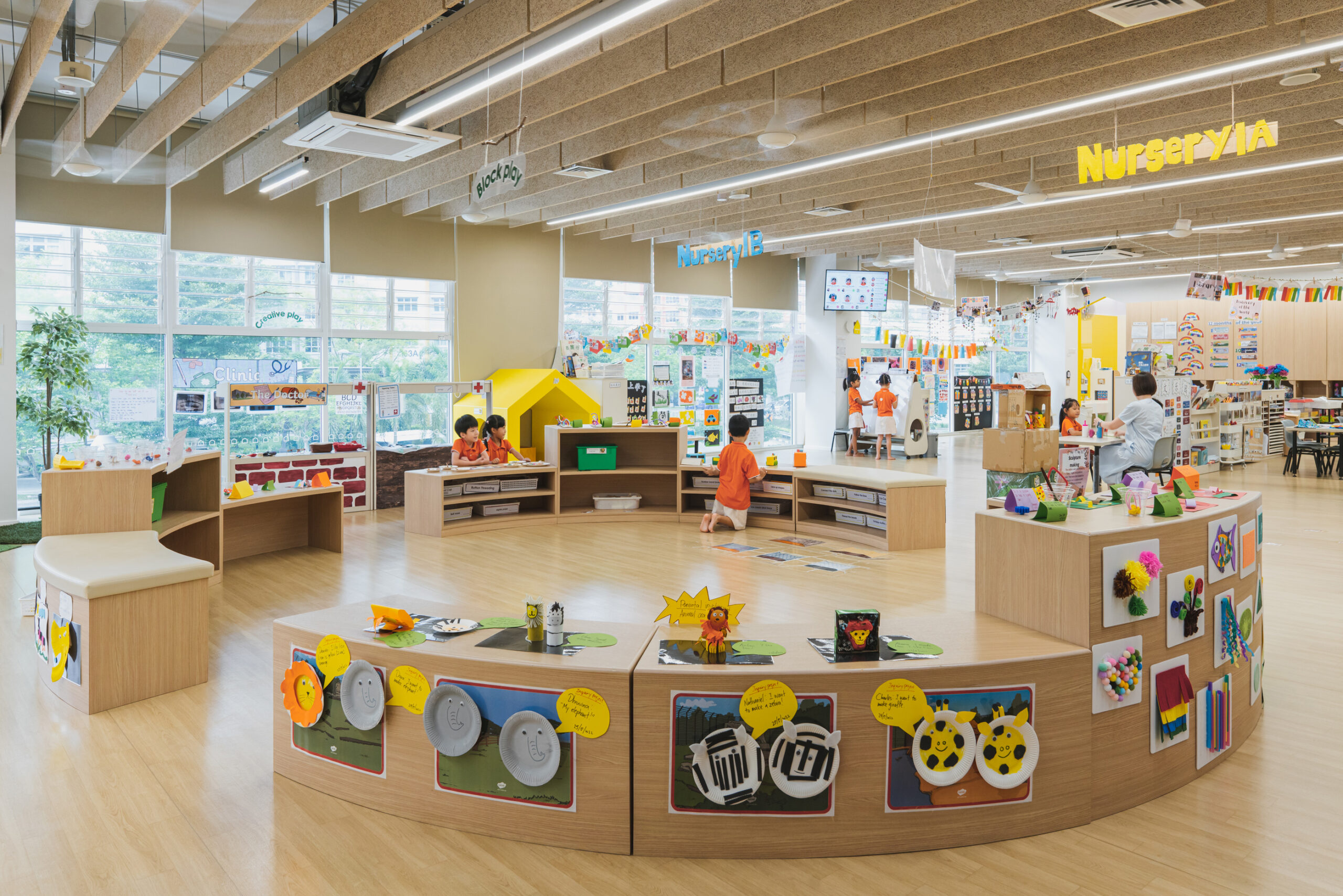
The Ingredients of a Good Learning Environment

在阻断措施实施期间为您的孩子阅读这16本华文书籍,培养他们对华文的热爱
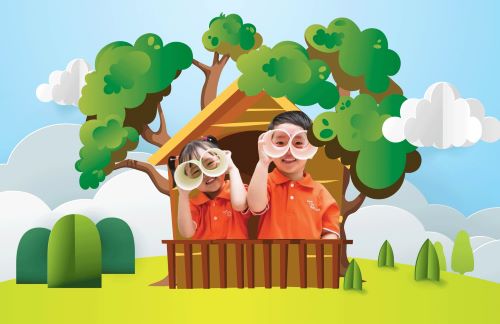
10 Fun stay-home activities pre-schoolers will love during Circuit Breaker
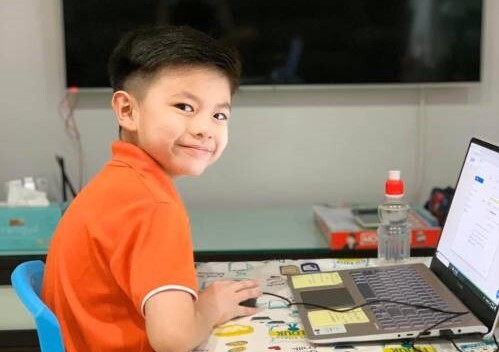
Get Your Child Ready for Preschool (After Circuit Breaker Ends)

10 Books that Inspire Resilience in Children
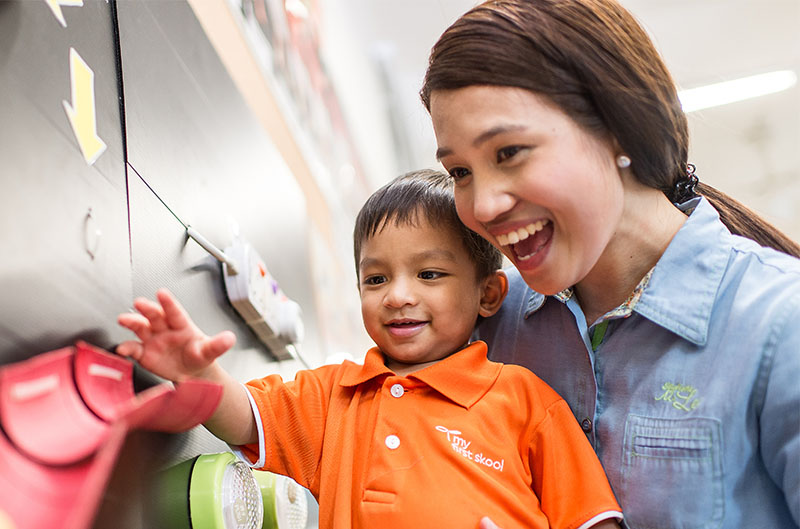
7 Ways That Preschools Benefit Both Parents and Children
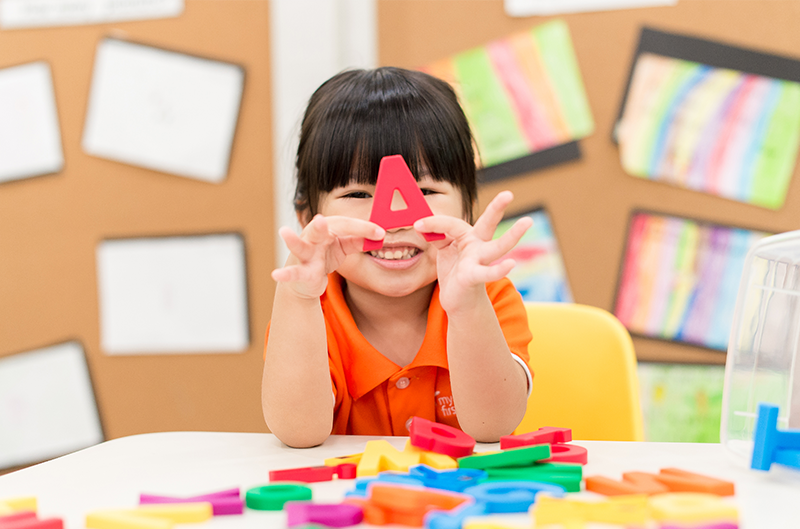
Supplement Your Child’s Development with “Extended Learning” at Home
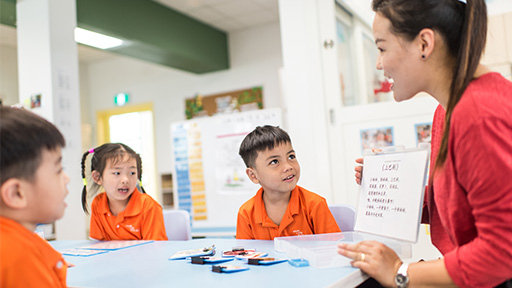
The Importance of Discussing Current Affairs with Your Child

3 Ways To Build Your Child’s Digital Literacy
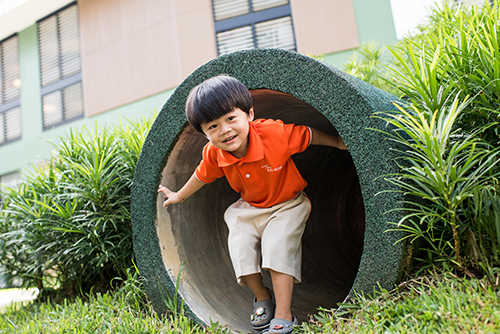
6 Child-Friendly Nature Walks to Explore this School Holiday!

3 Ways to Nurture Your Child’s Interest in Chinese Traditions this Mid-Autumn Festival
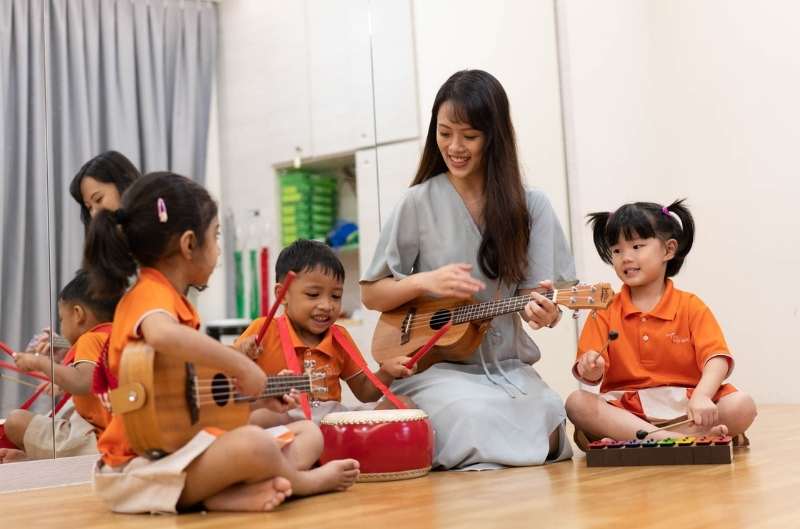
Pre-schooler Anxiety: 6 Signs to Look Out for in Your Child
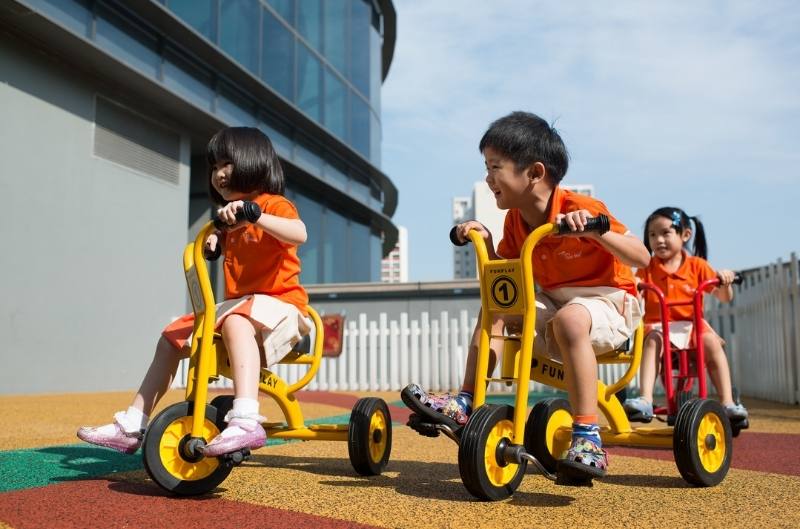
4 Ways “Free Play” Accelerates Your Child’s Development

The Benefits of Outdoor Learning for Pre-Schoolers

Adjusting to Preschool is as Simple as ABC
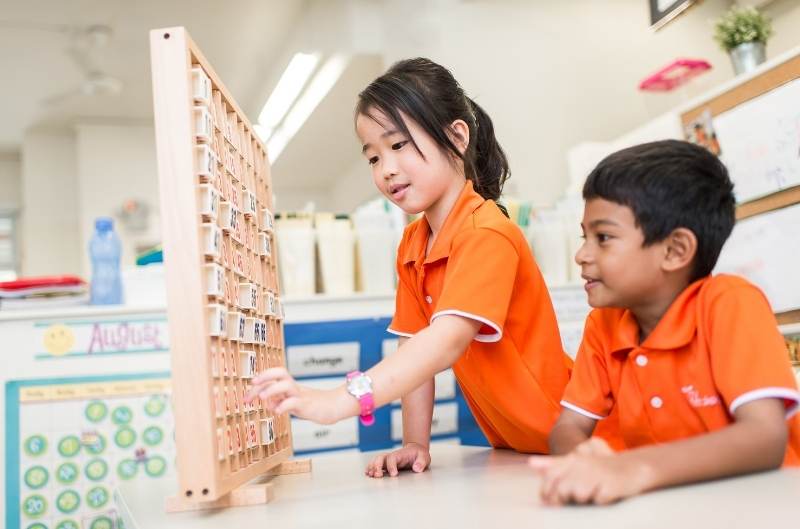
Guide to Choosing the Right Toys for Infants, Toddlers and Pre-school Children

4 Ways to Nurture Your Child’s Love for Chinese This Lunar New Year
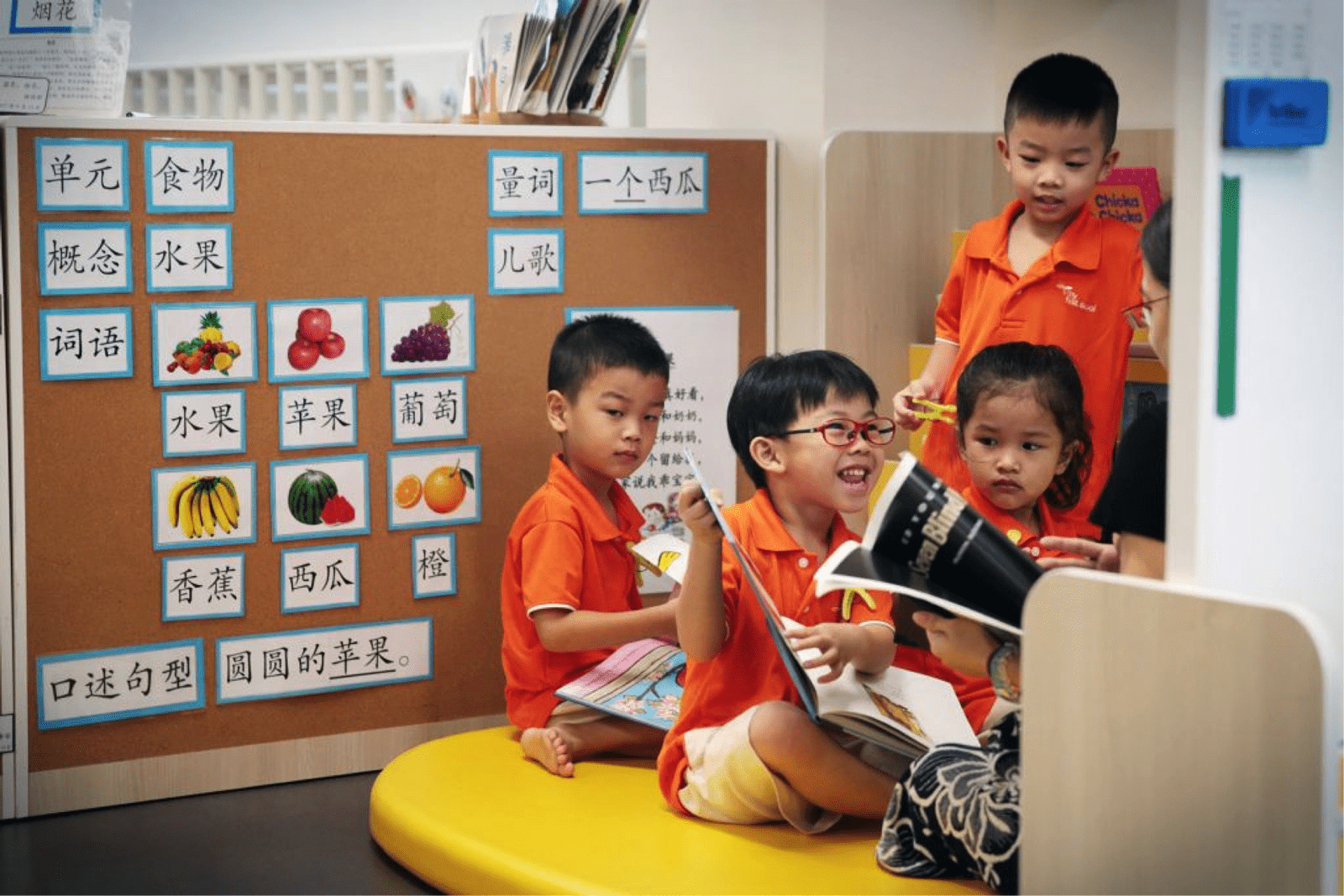
5 Ideas How You Can Make Learning Mother Tongue Fun for Your Child!
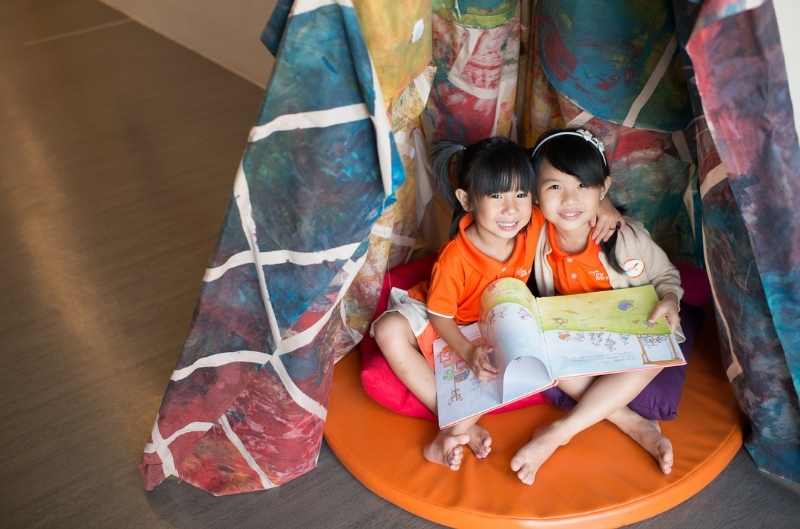
10 Highly Recommended Books by Parents of Pre-schoolers
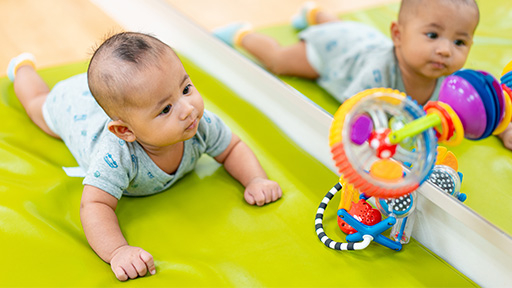
7 Must-Knows When Choosing an Infant Care Centre

Preschool Fees: Are You Getting What You’re Paying For?

Guide to Choosing The Best Preschool in Singapore

The secrets to raising a Happy and Confident child
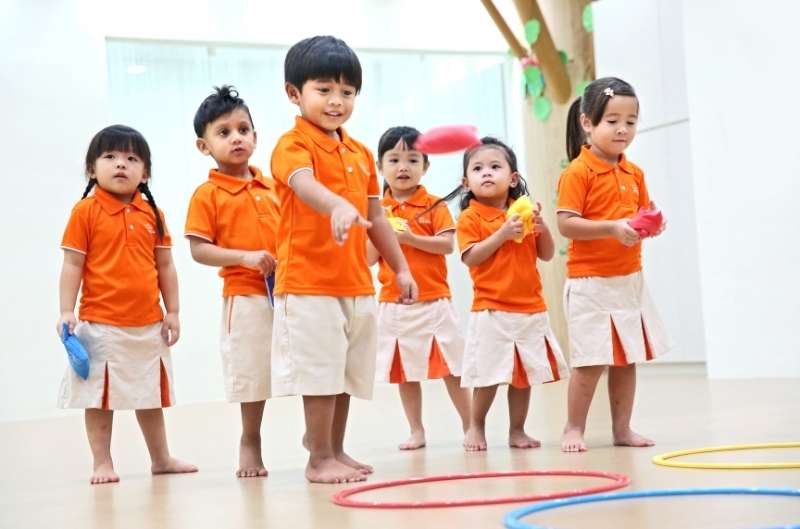
5 Ideas for Transforming Your Home into a Fun-Filled Carnival!

8 Fun Science Experiments to Try with Your Pre-Schooler at Home!
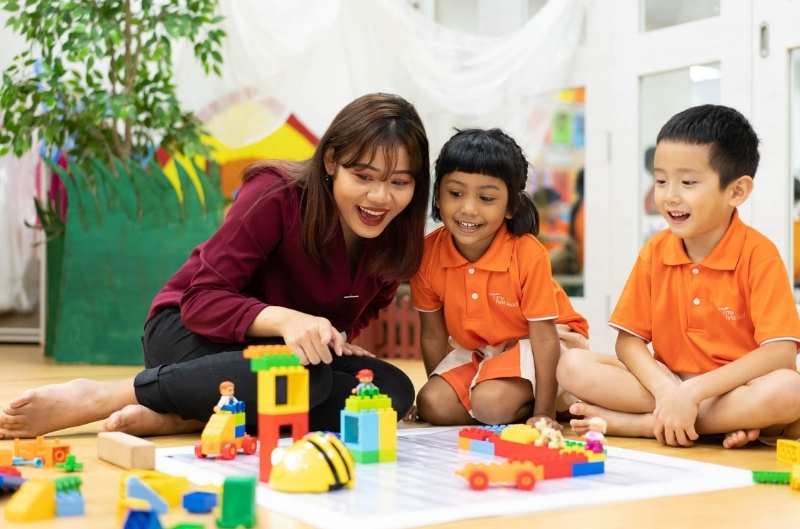
5 “Stay Home, Stay Safe” Activities Your Child Will Love!

6 Fun Ideas for Supercharging Your Child’s Concentration
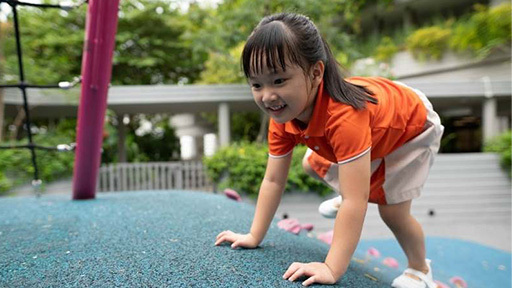
3 Fun & Easy Activities To Encourage a Positive Attitude In Your Child
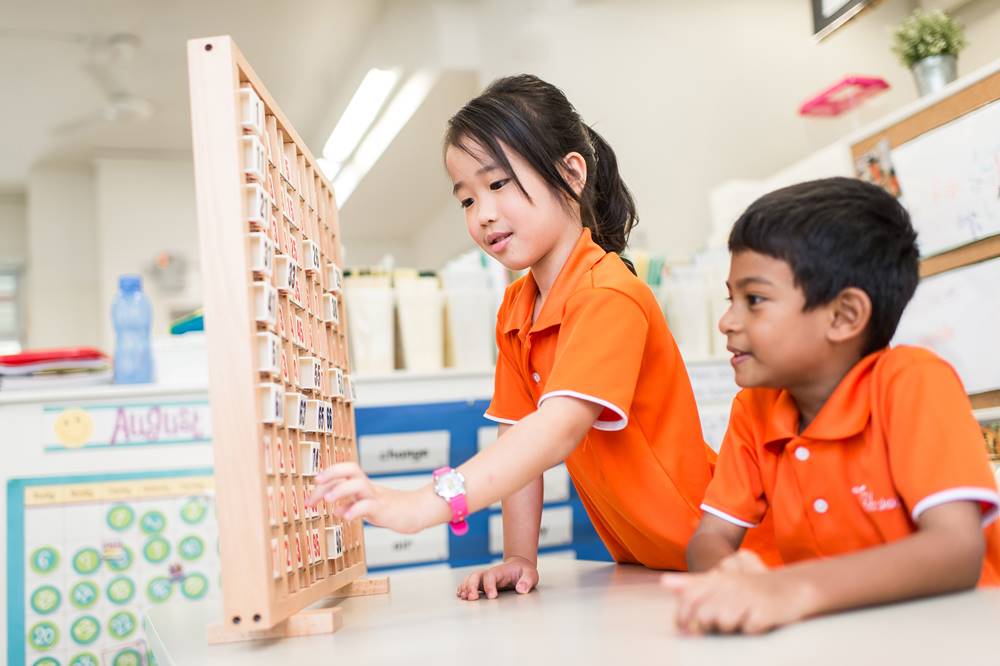
Best Quality and Holistic Pre-School Education Award 2021 – NTUC First Campus’ My First Skool
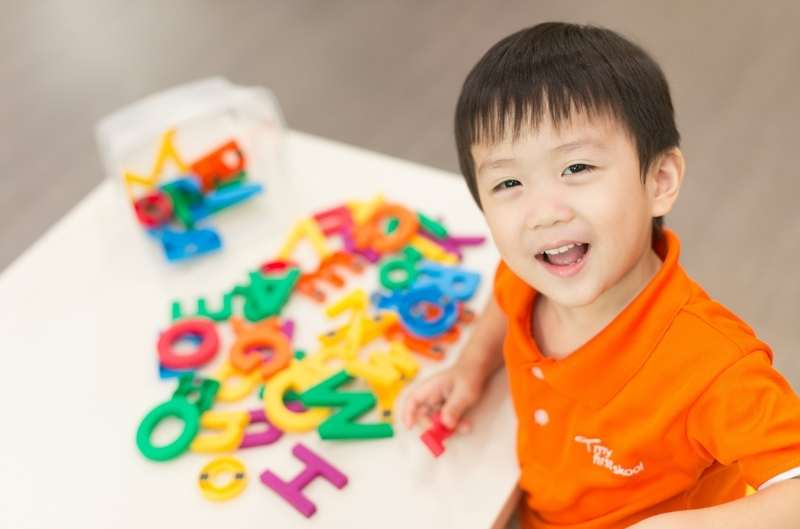
Fun “Word Games” that Supercharge Your Child’s Language Skills
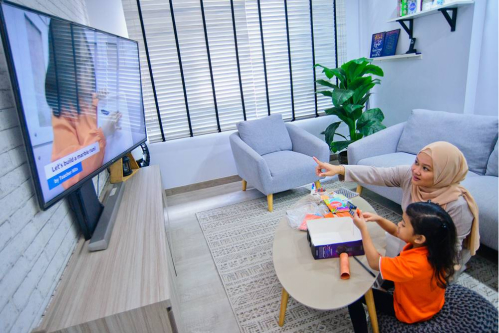
My First Skool introduces Home Learning Programme to complement its preschool curriculum, benefiting 22,000 students and their parents

My First Skool’s early childhood professionals clinched 5 awards at ECDA Awards 2021
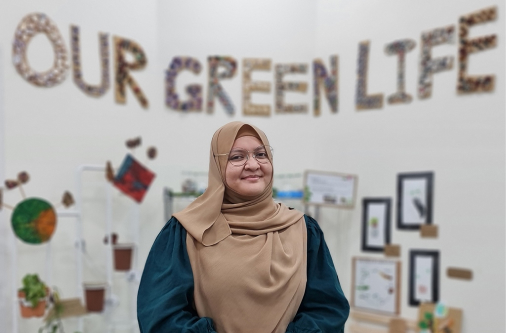
Sabirah Binte Mohamed Idris – Winner, Promising Early Childhood Leader
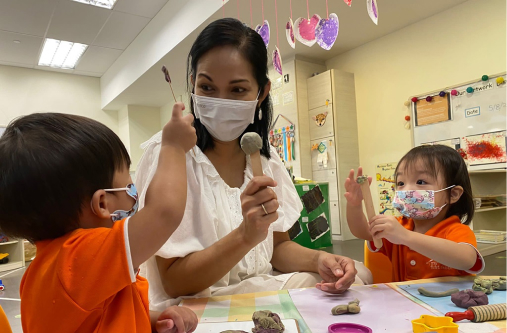
Sharifah Mastura Syed Daud – Winner, Promising Early Childhood Educarer
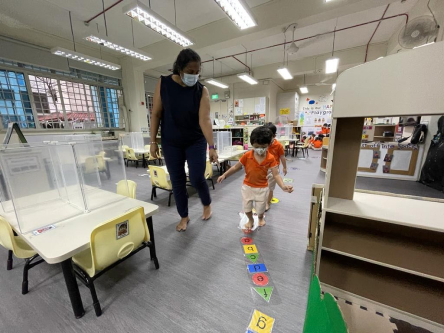
Wendy Ong For ‘Move and Groove’ Project – Winner, Early Childhood Innovation
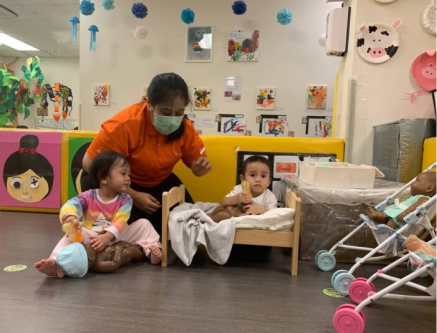
Infant-care boom in Singapore with higher demand from parents
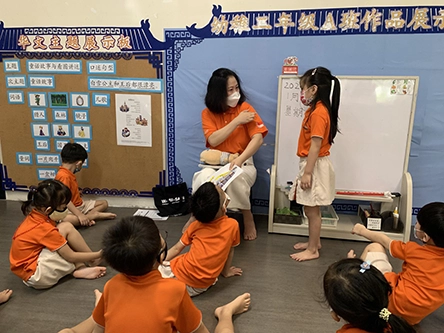
First day of school at My First Skool
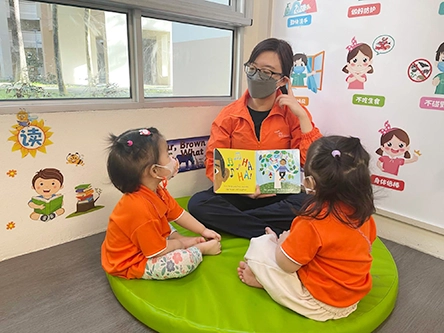
I was an airline representative, now I am a teacher
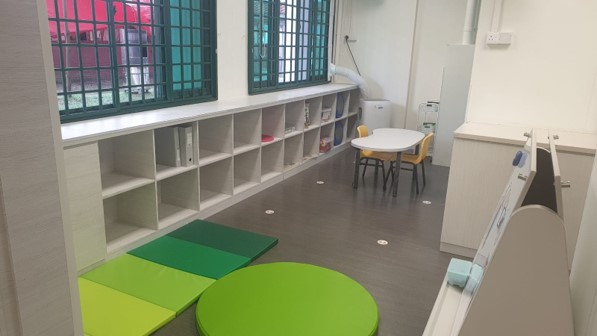
NFC’S inclusive pre-schools – Natural setting with slight modifications
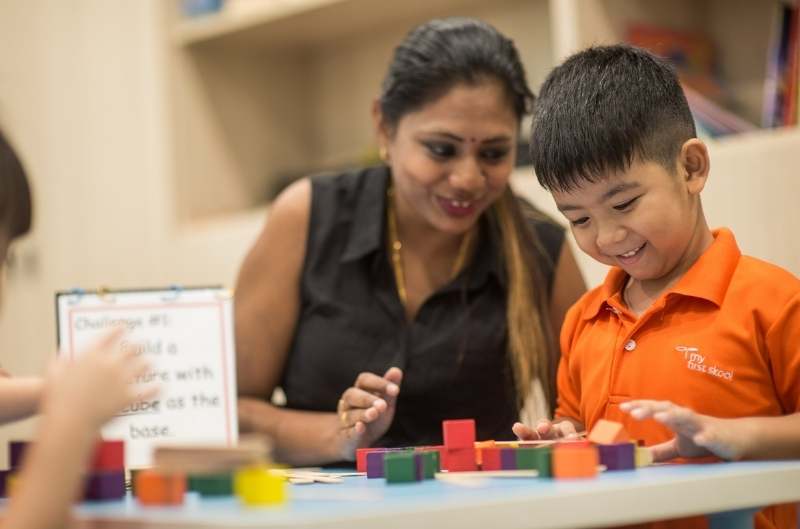
Preparing Your Child for Primary School – The Next Big Step

3 ways you can help your child build social emotional skills
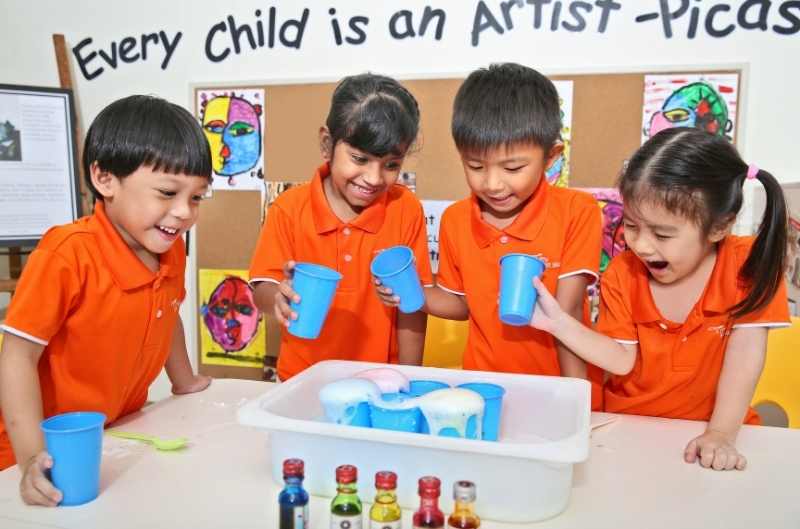
Tips For Making Learning Fun for Children – So They’ll Learn Quickly and Happily!
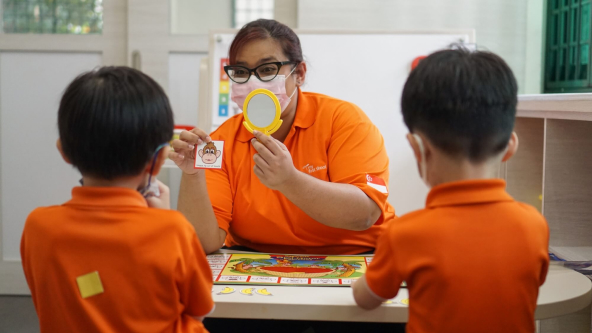
The Inclusive Support Programme at My First Skool benefit children with developmental needs through providing support to integrate them into the classrooms
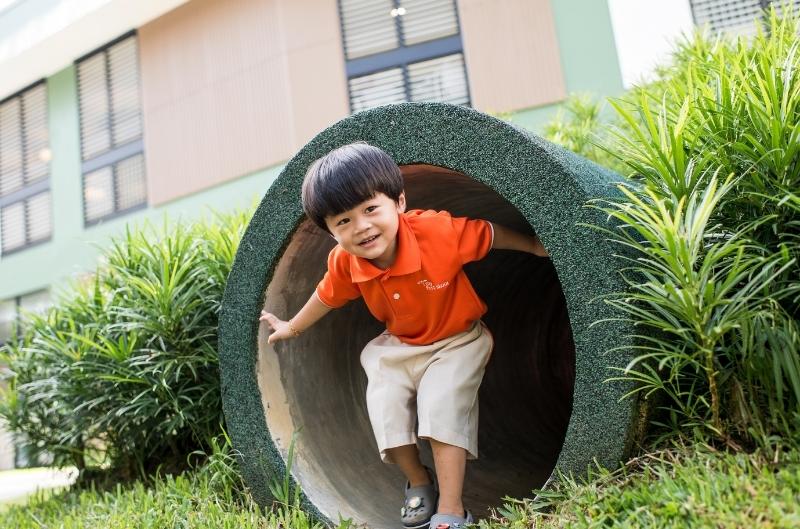
Exploring Sengkang with My First Skool
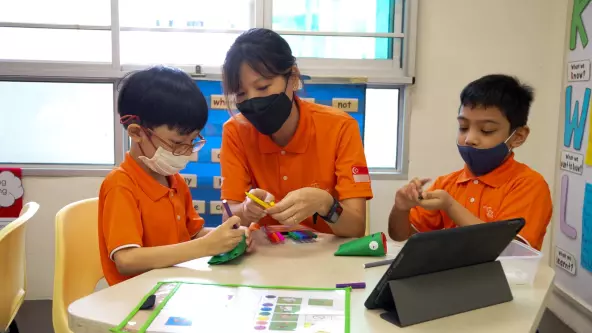
My First Skool Supports Diverse Developmental Needs through the Inclusive Support Programme (InSP)
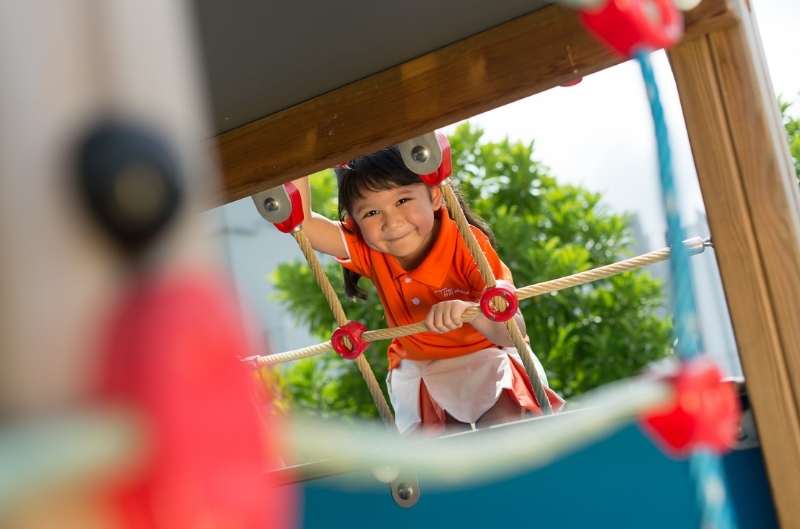
5 Things To Do After Pre-school in the North-East

Teachers at My First Skool Clinch 5 Awards at the 2022 Pre-school Chinese Language Storytelling Aids Competition

The Children’s Chef
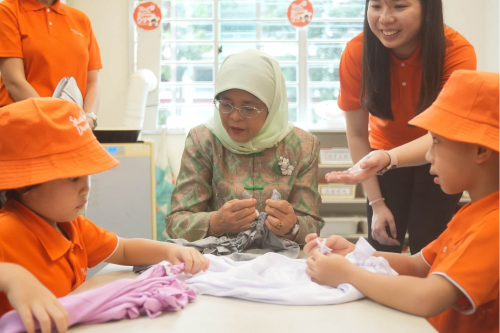
My First Skool Preschoolers Raise Funds for President’s Challenge through Upcycling Project
My First Skool: A Parent-Preschool Team for Academic Triumph
Relationships-first education: build bonds, boost learning
Can’t find preschools on ECDA website anymore? Don’t fret

What Do Children Feel on the First Day of Preschool?

Home Activities to Keep Your Preschooler Busy and Happy

Why Early Preparation is Essential for Primary School Readiness
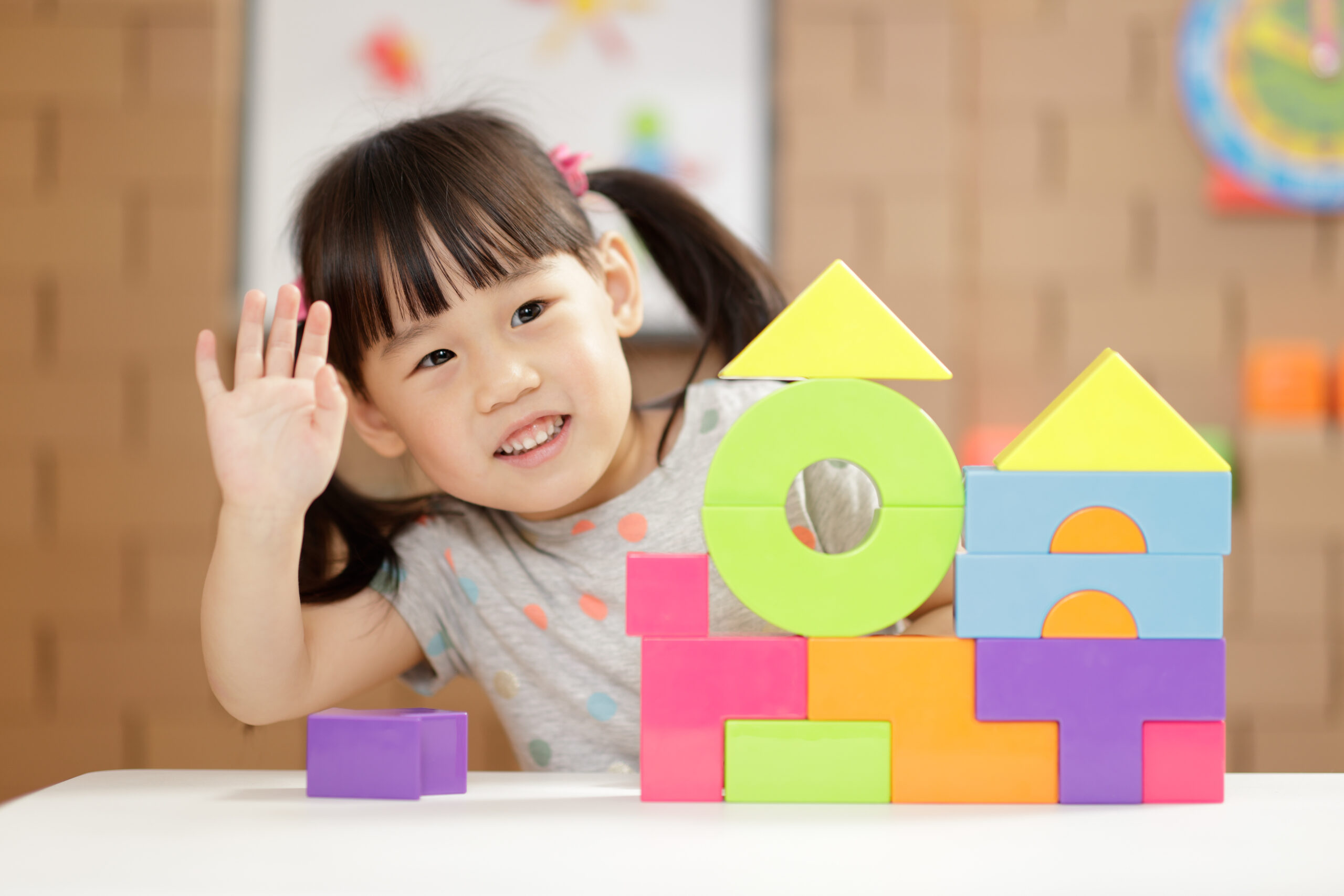
5 Ways Nursery Unlocks Your Child’s Independence

5 Ways Preschool Will Enhance Your Child’s Development

Empowering Your Child to Succeed At Primary School

6 Questions to Help You Connect with Your Preschooler

8 Activities to Boost Your Child’s Primary School Readiness

9 Things to Consider When Choosing a Nursery for Your Child

6 Positive Reinforcement Tips for a Child of Preschool Age

Nursery School: Exciting Adventures for 3 to 4 Year Olds

Mastering Preschoolers Behaviour: Effective Techniques

Ensuring Healthy Eating: Why Kindergarten Nutrition Matters

Why choose a SPARK-accredited kindergarten in Singapore

How does nursery school build a child’s reading skills?

Creating the Ideal After-School Routine for Kindergarteners

What are the advantages of being primary school ready?

9 Ways Your Child Learns About Etiquette in Kindergarten

Is Preschool Kindergarten? Exploring Key Differences & Benefits

MOE Kindergarten vs Private Preschool Singapore: Which is Best?

Guide to Kindergarten in Singapore: Choosing the Right Preschool for Your Child

Overview of Preschool, Childcare & Kindergarten in Singapore
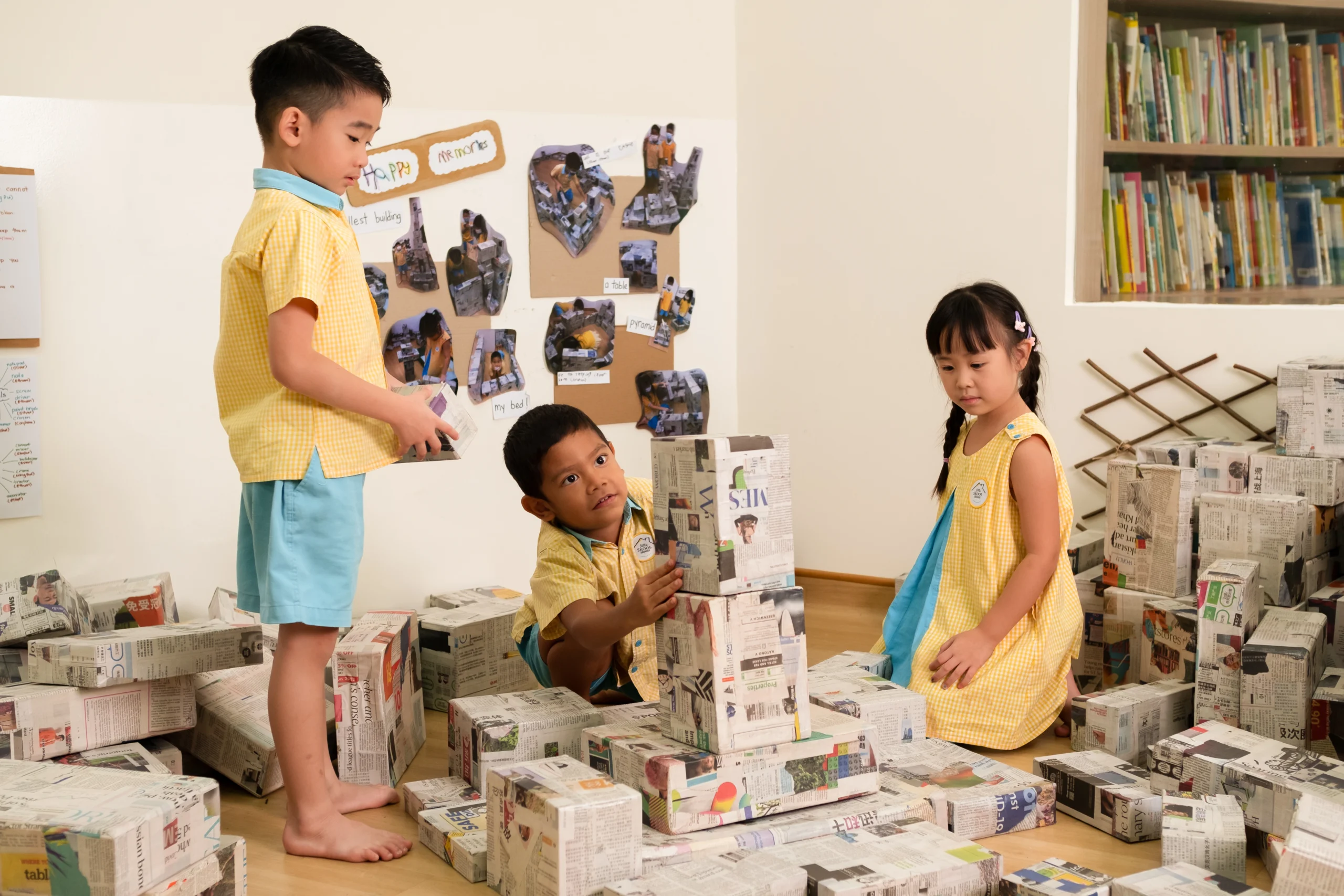
Should I Enrol My Child in an MOE Kindergarten? (2025)

What’s the Right Preschool Age in Singapore? Is It Compulsory?
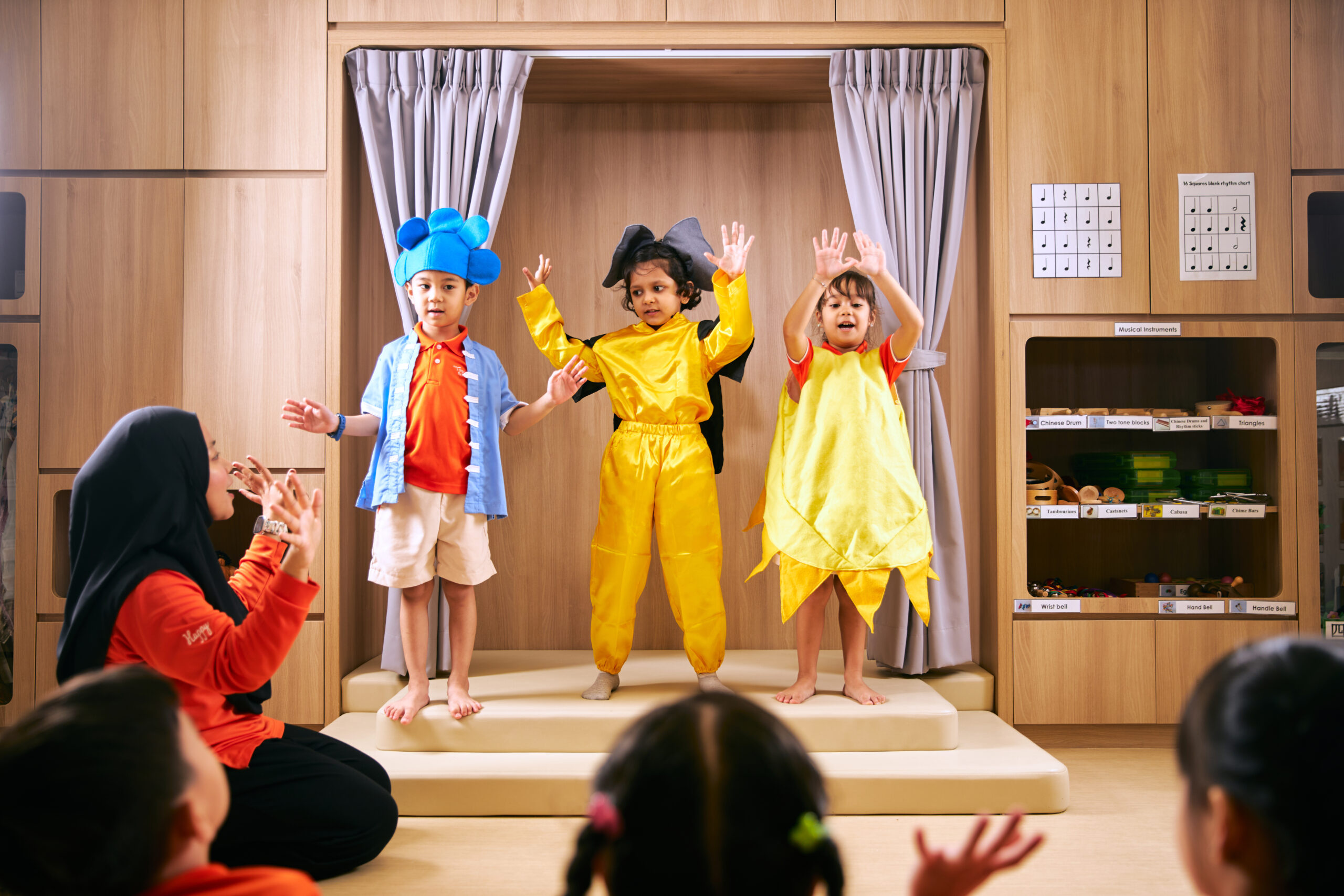
A Guide to Preschool Options: Anchor vs Partner Operators

15 Fun Show and Tell Examples for Singapore Students (2025)

Singapore Teacher-Child Ratio ECDA (2025) | Latest Changes

Infant Care Subsidy in Singapore (2025): Eligibility & Benefits
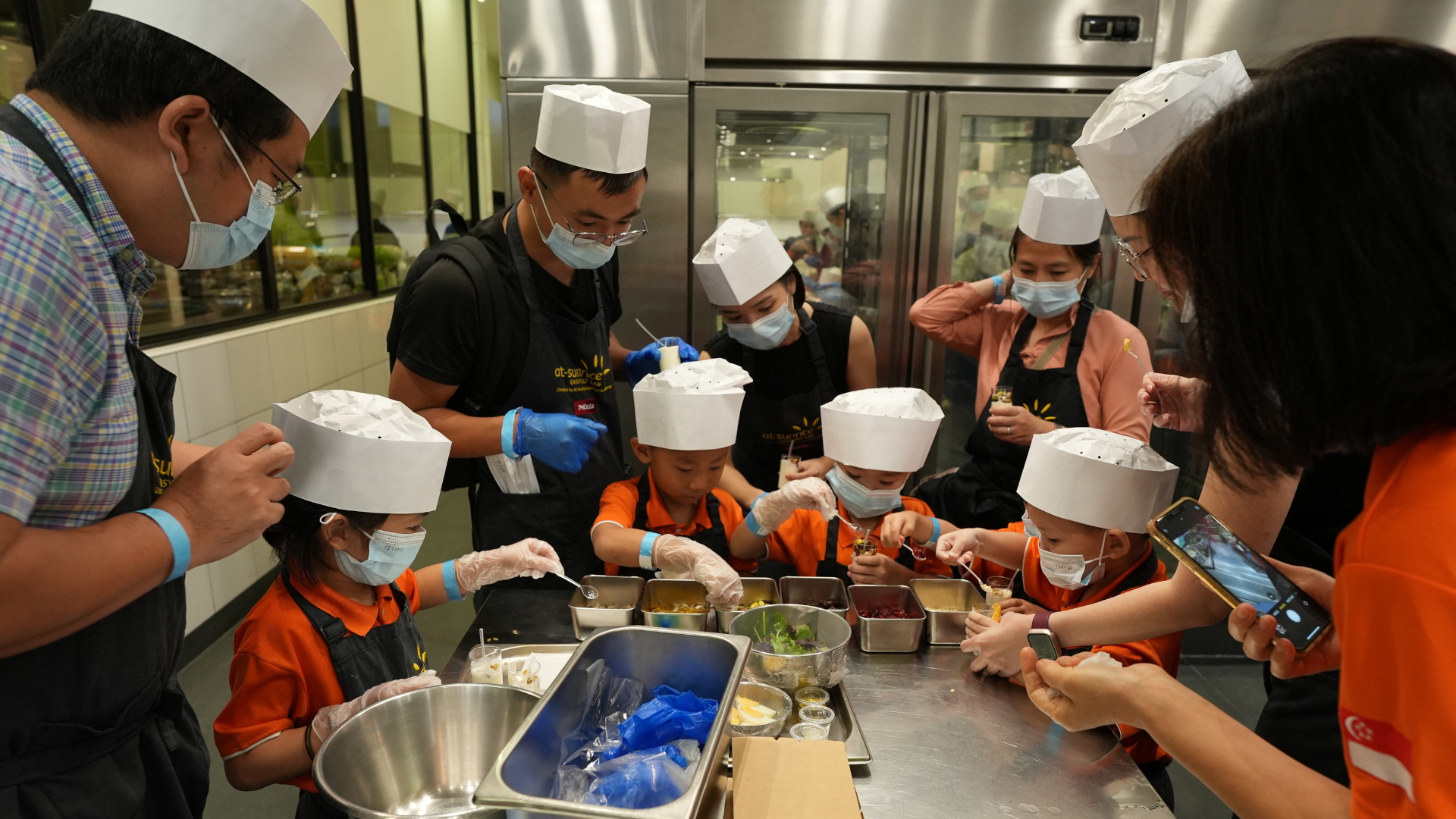
10 Open-Ended Preschool Art Activities to Spark Creativity (2025)

How to Become a Kindergarten Teacher in Singapore (2025 Guide)

18 Educational Weekend Activities for Kids in Singapore (2025)
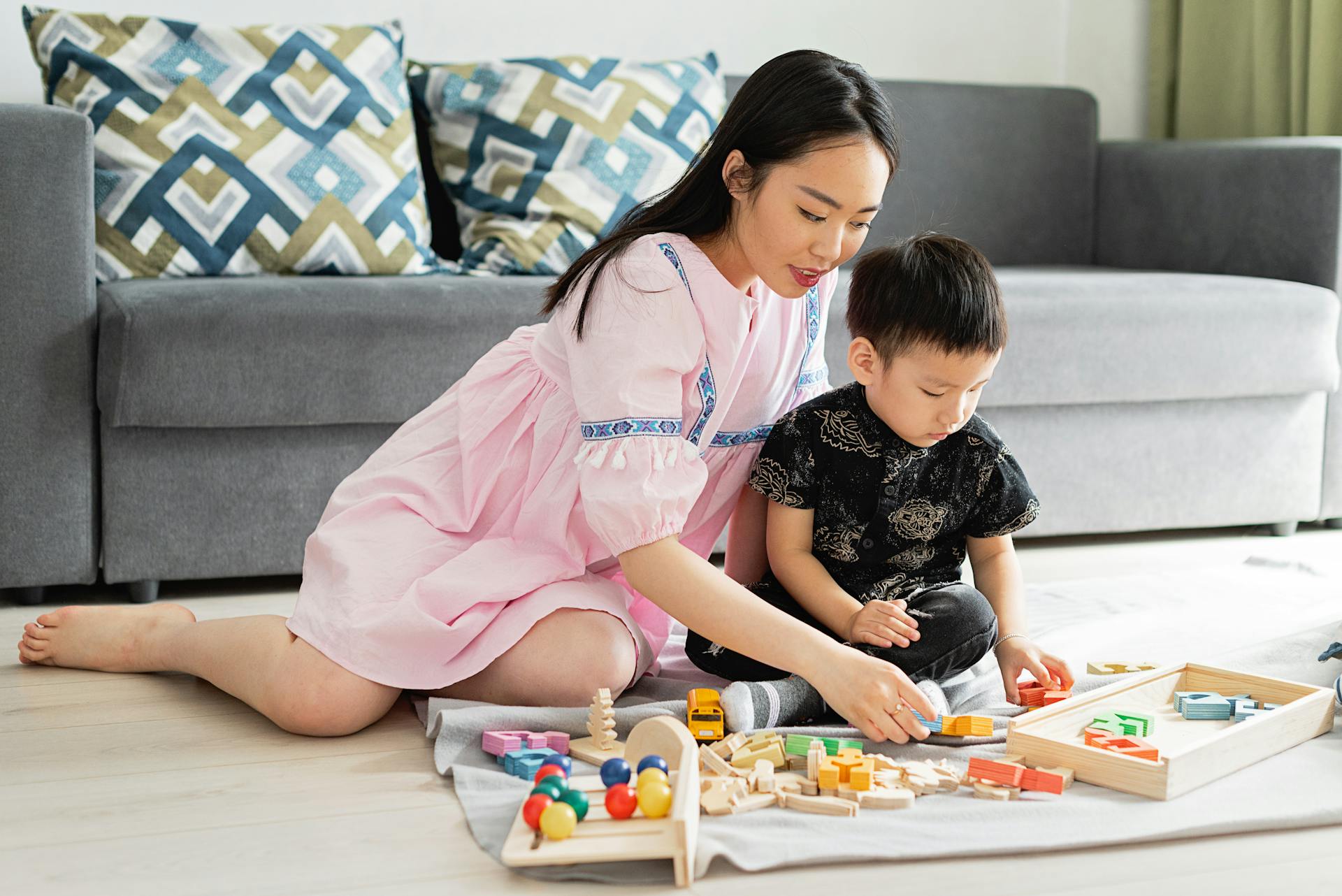
Reggio Emilia Approach vs Montessori in Singapore (2025)

Best Activities for Preschoolers to Learn Through Play (2025)
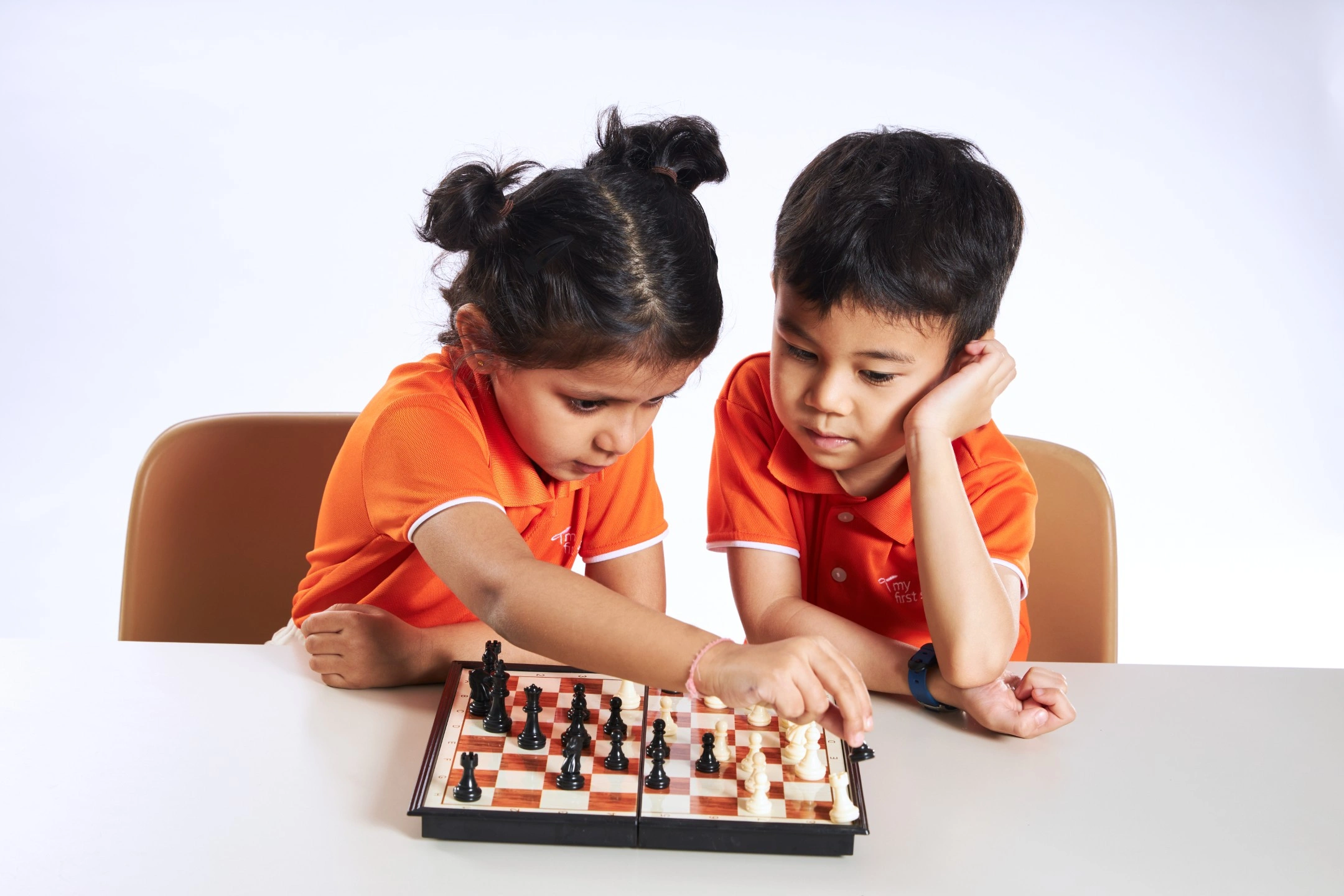
Clever Cognitive Games for Kids Under 10 in Singapore (2025)
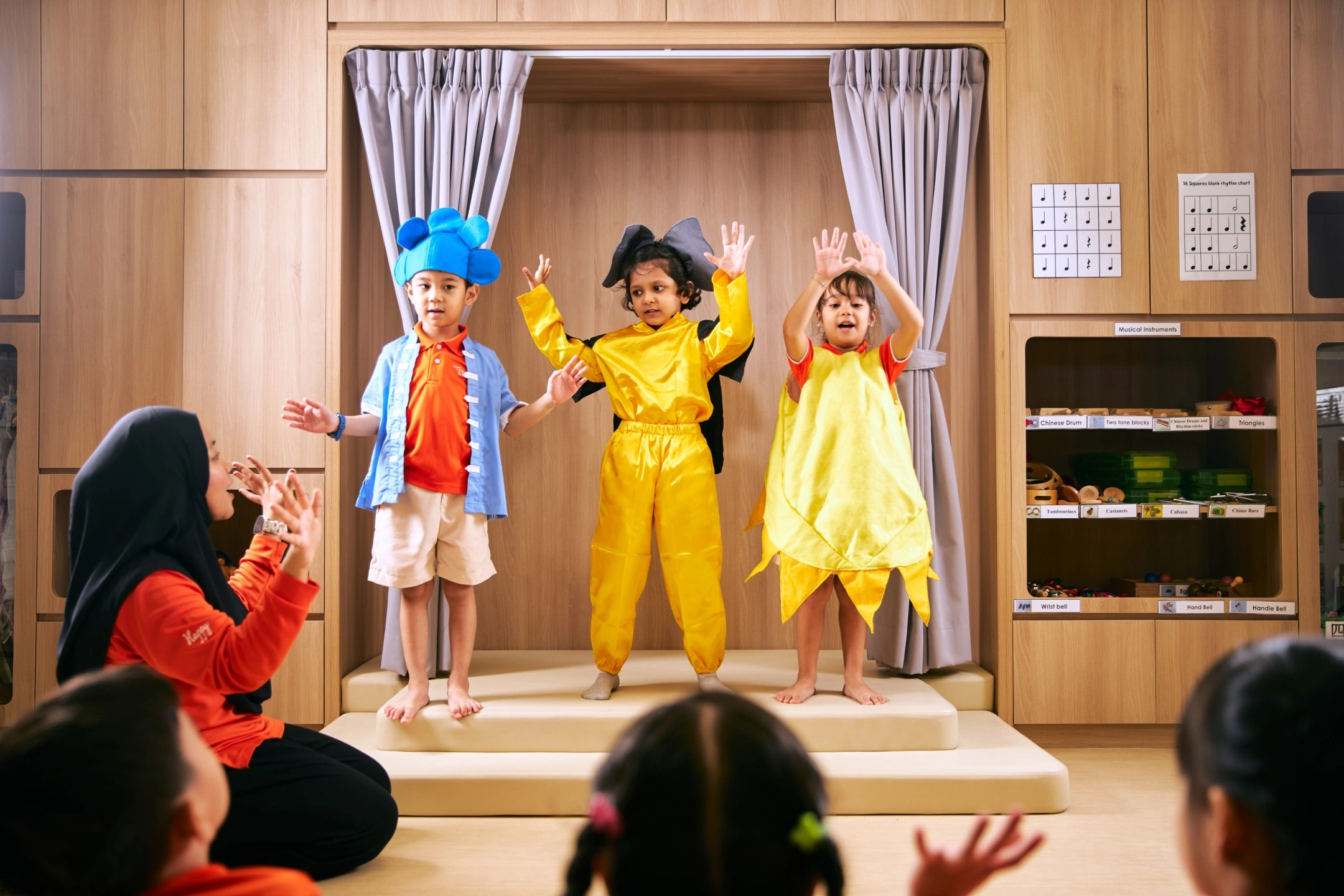
A 6-Step Guide for Your Child’s Show and Tell in Singapore (2025)
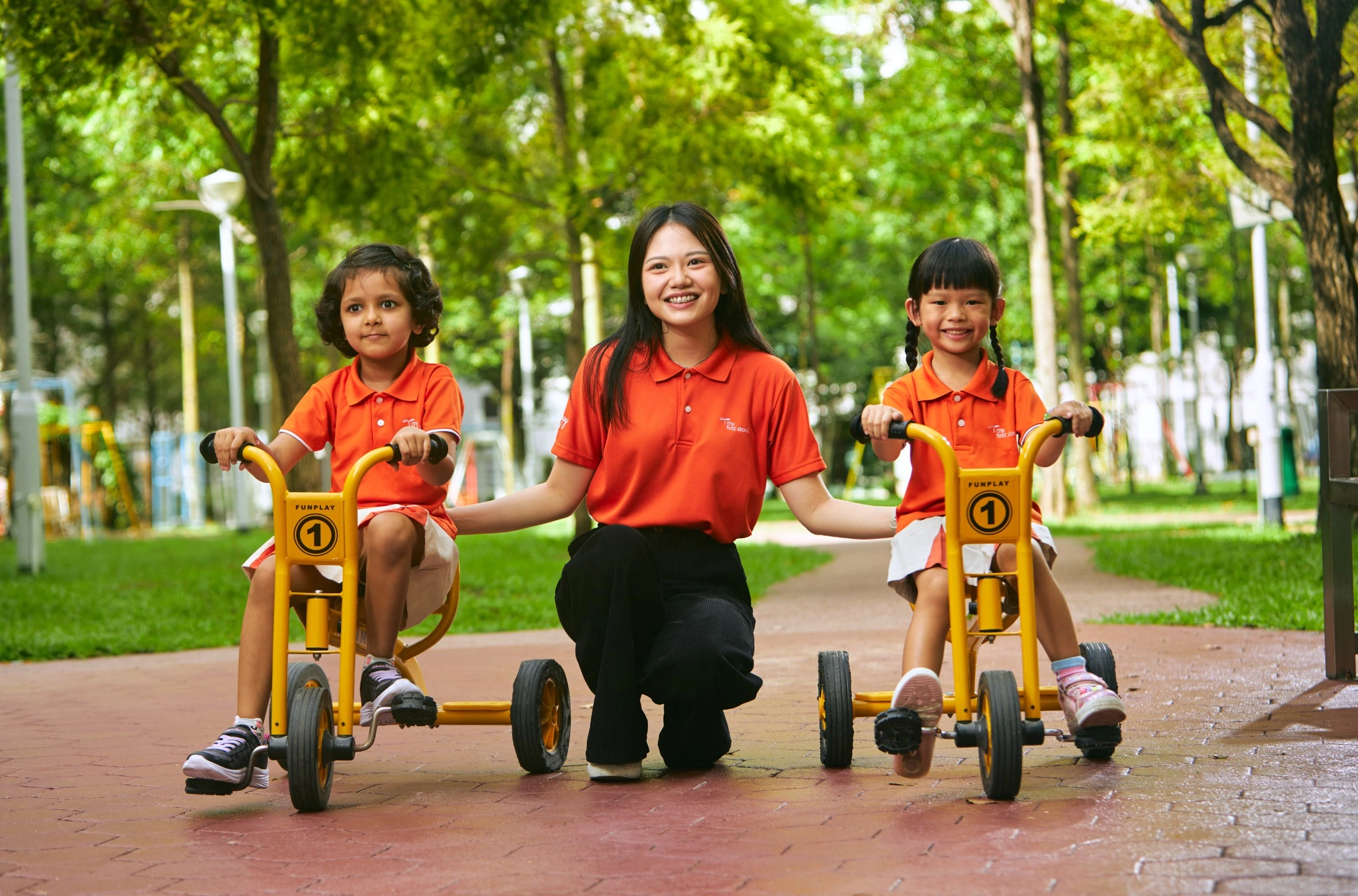
10 Gross Motor Skills Activities for Children in Singapore (2025)

